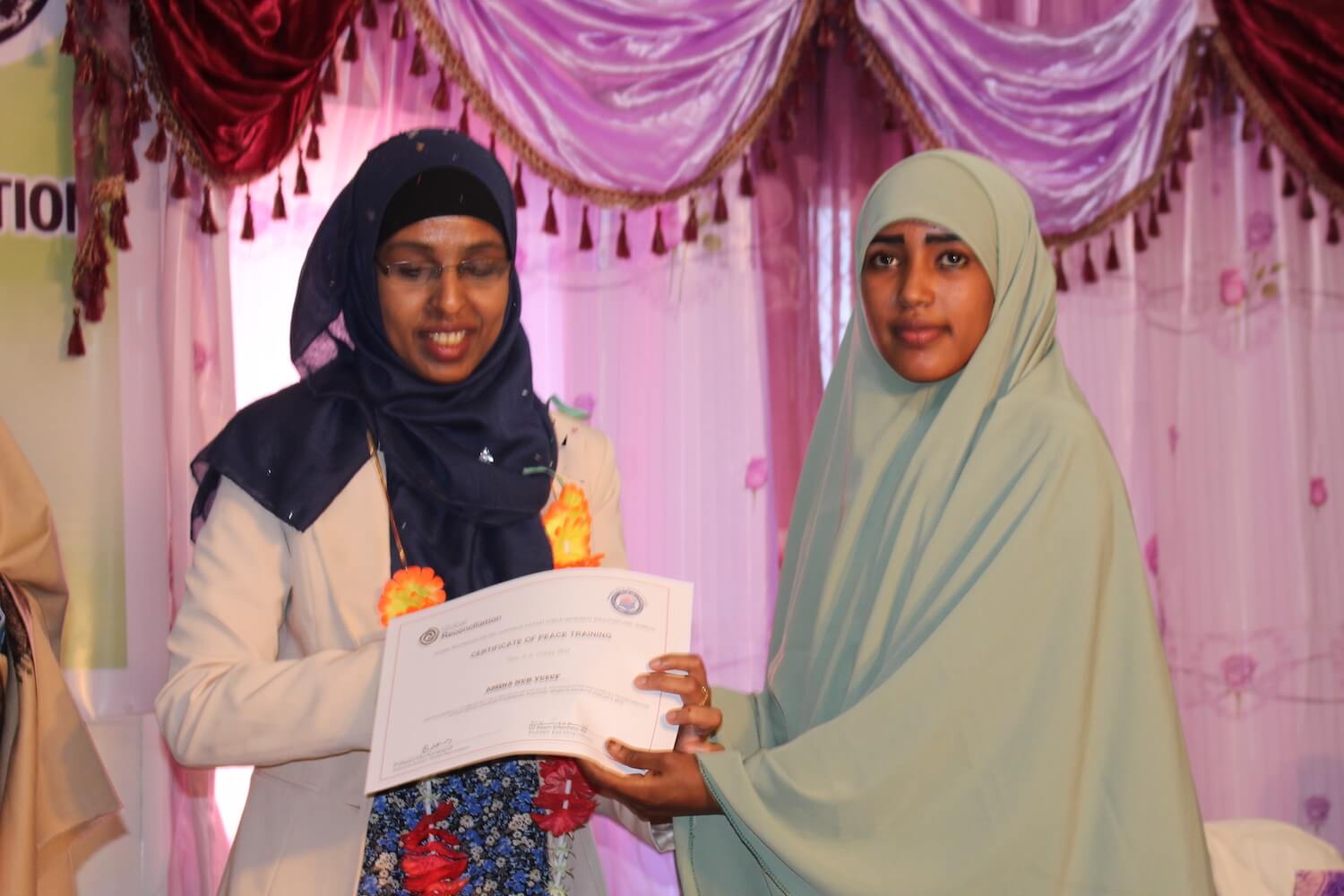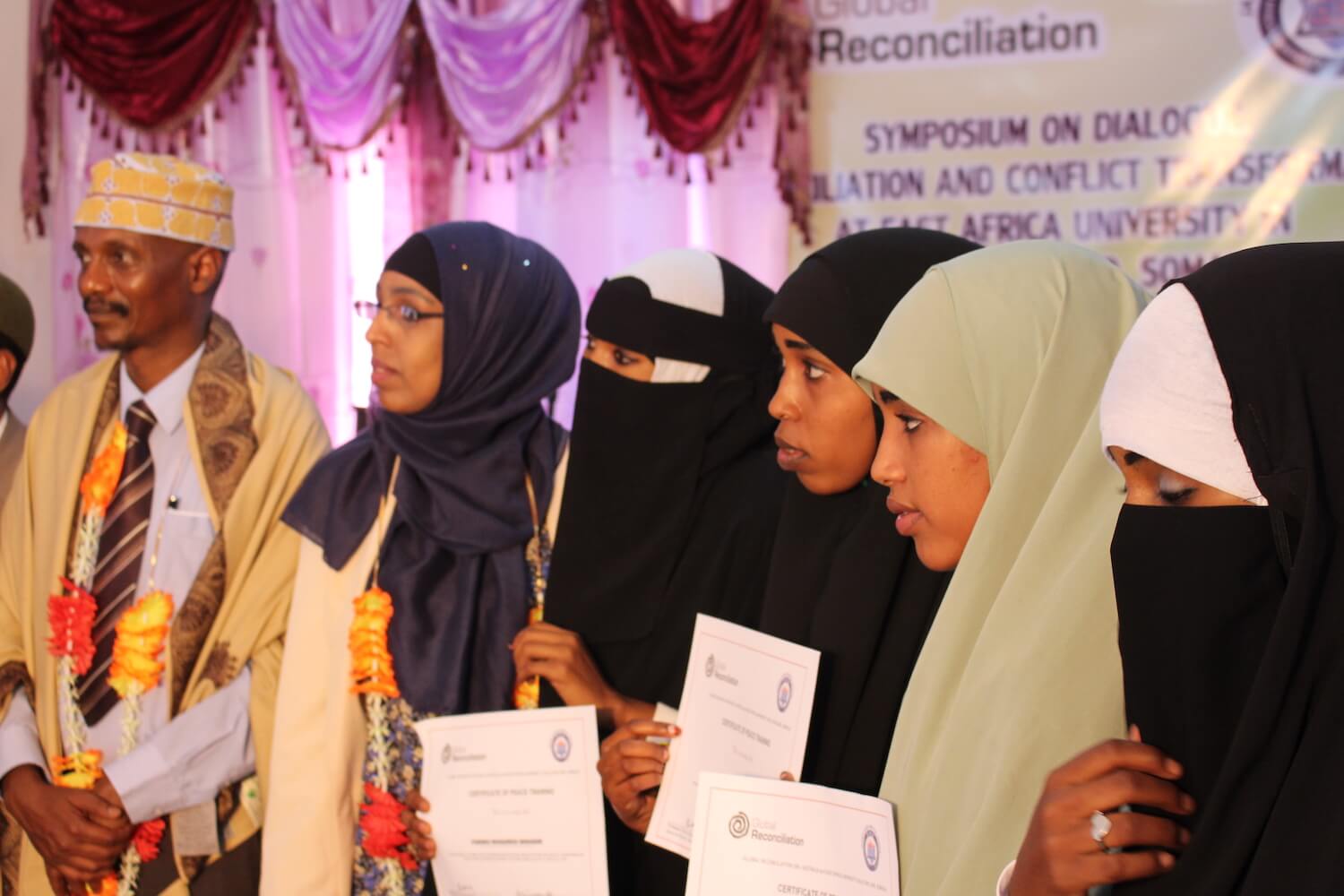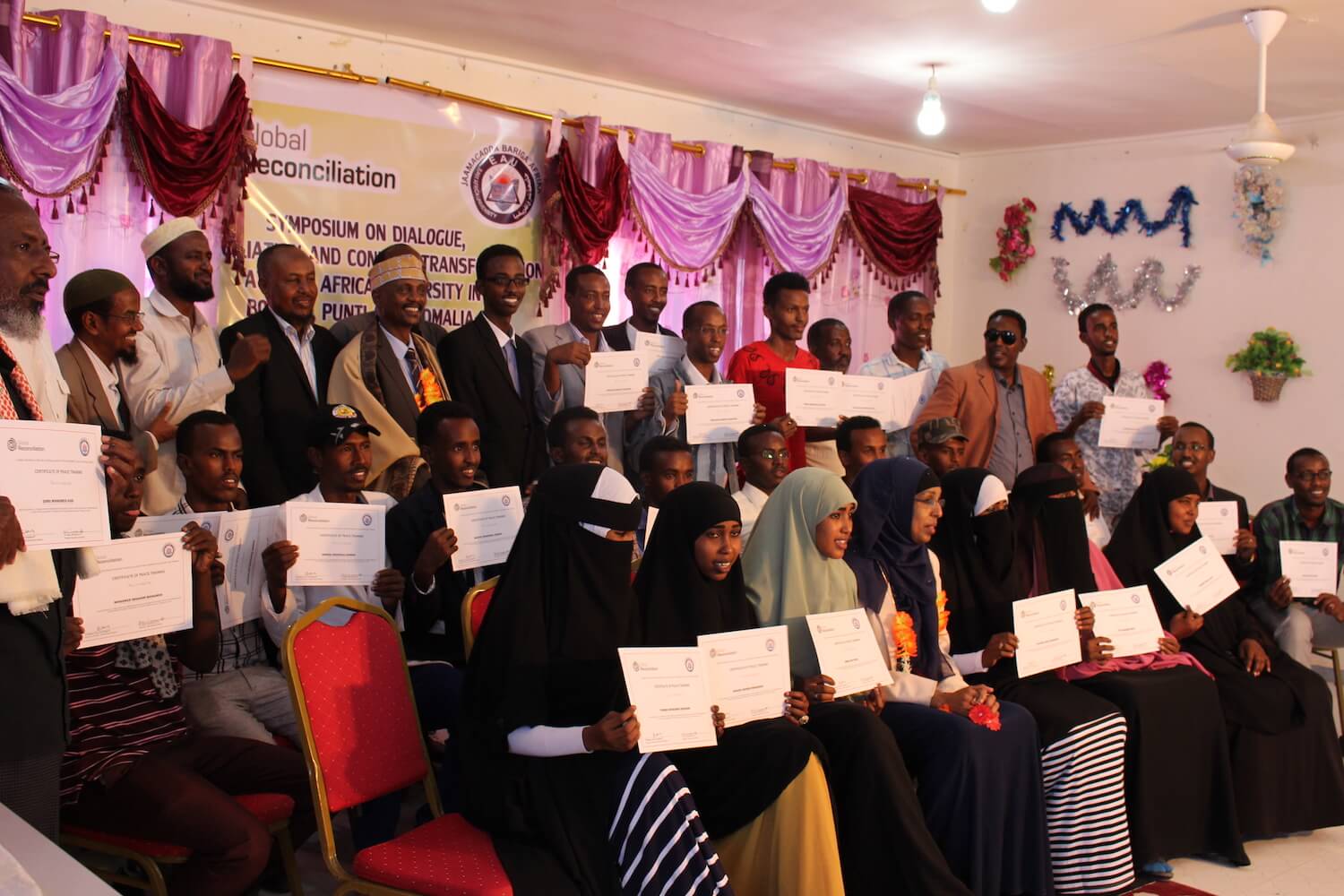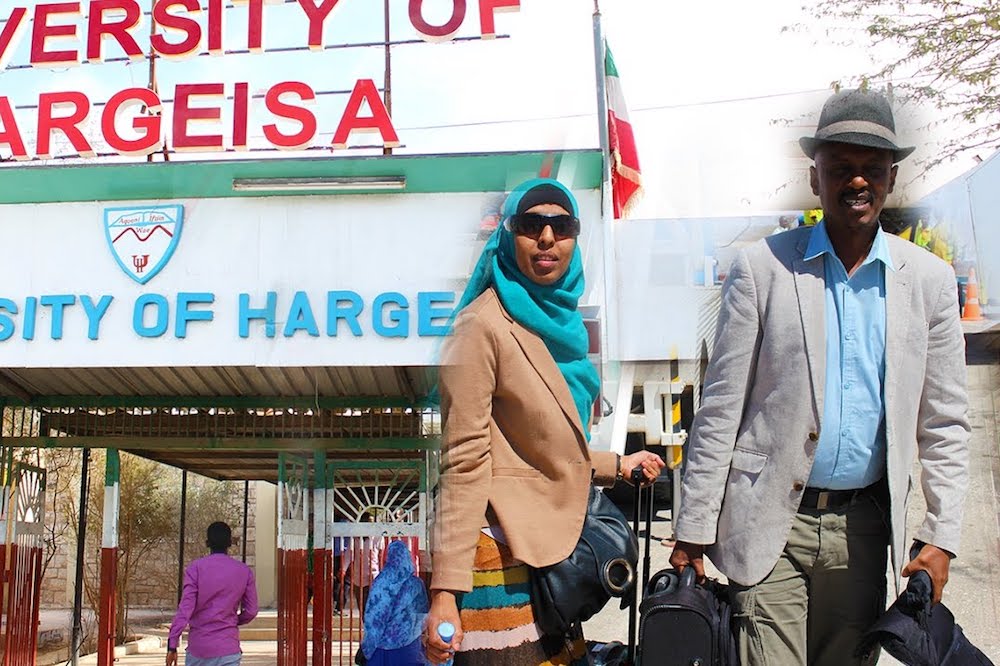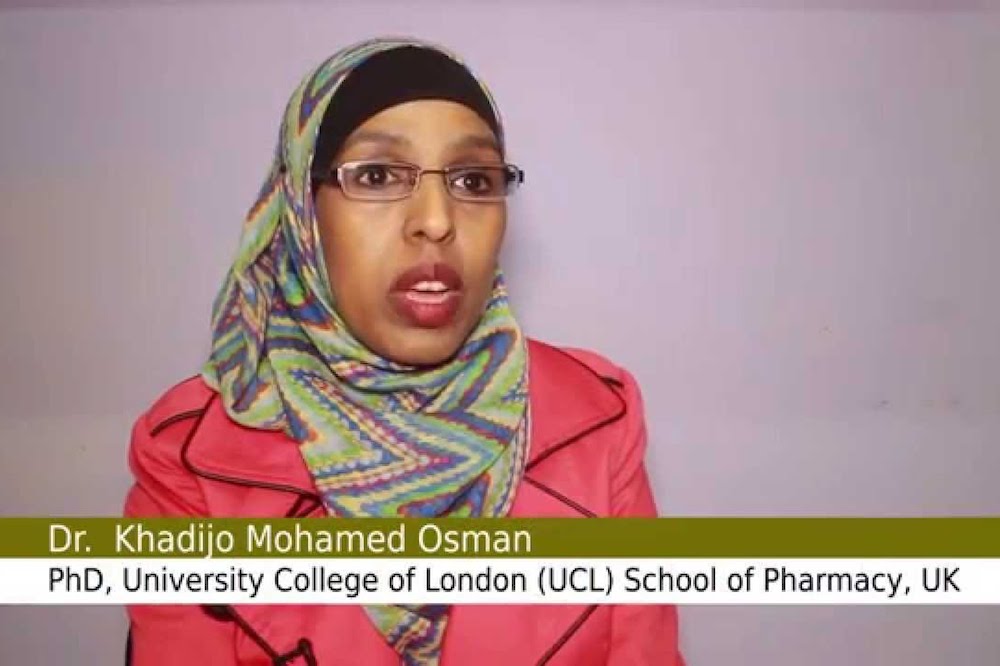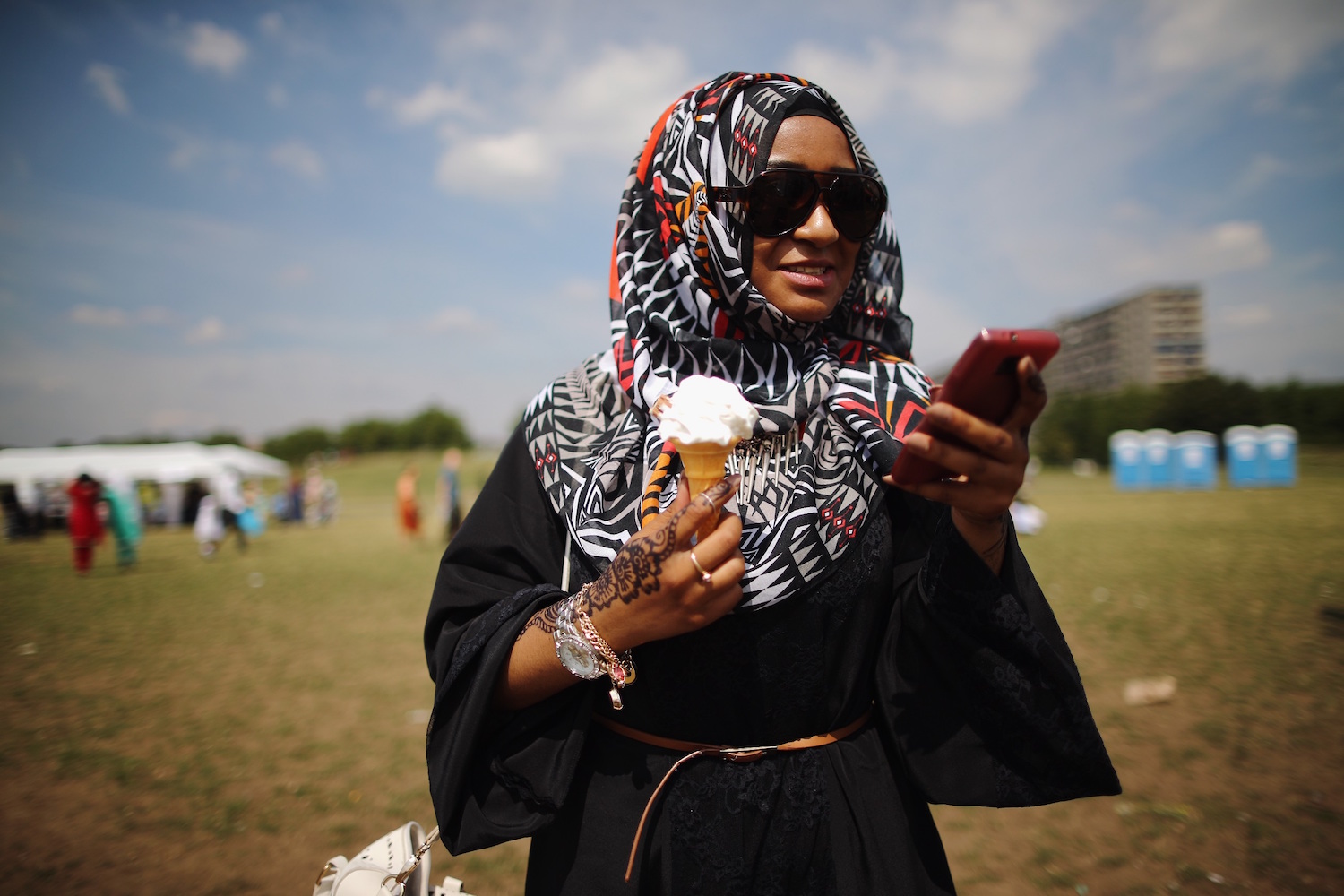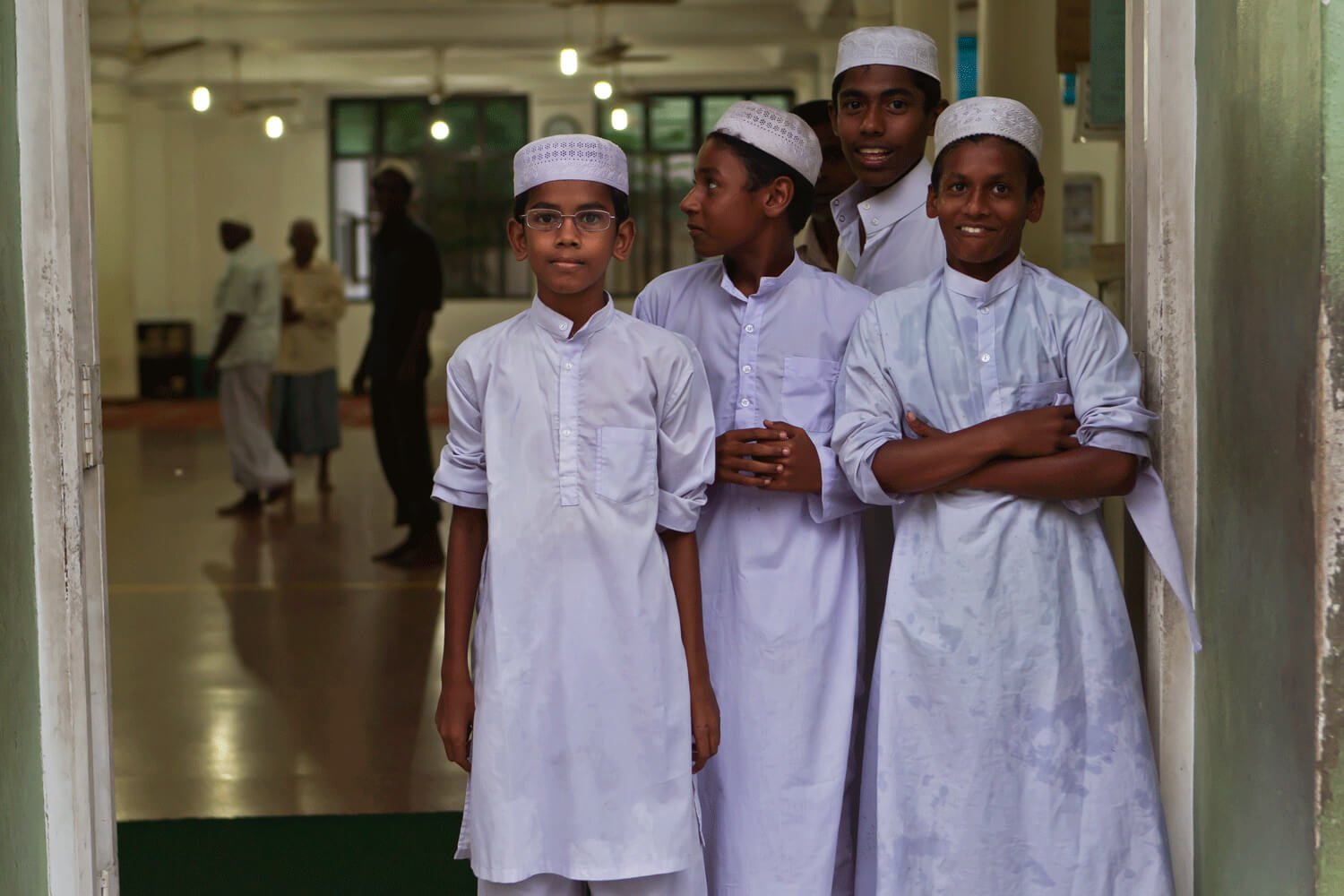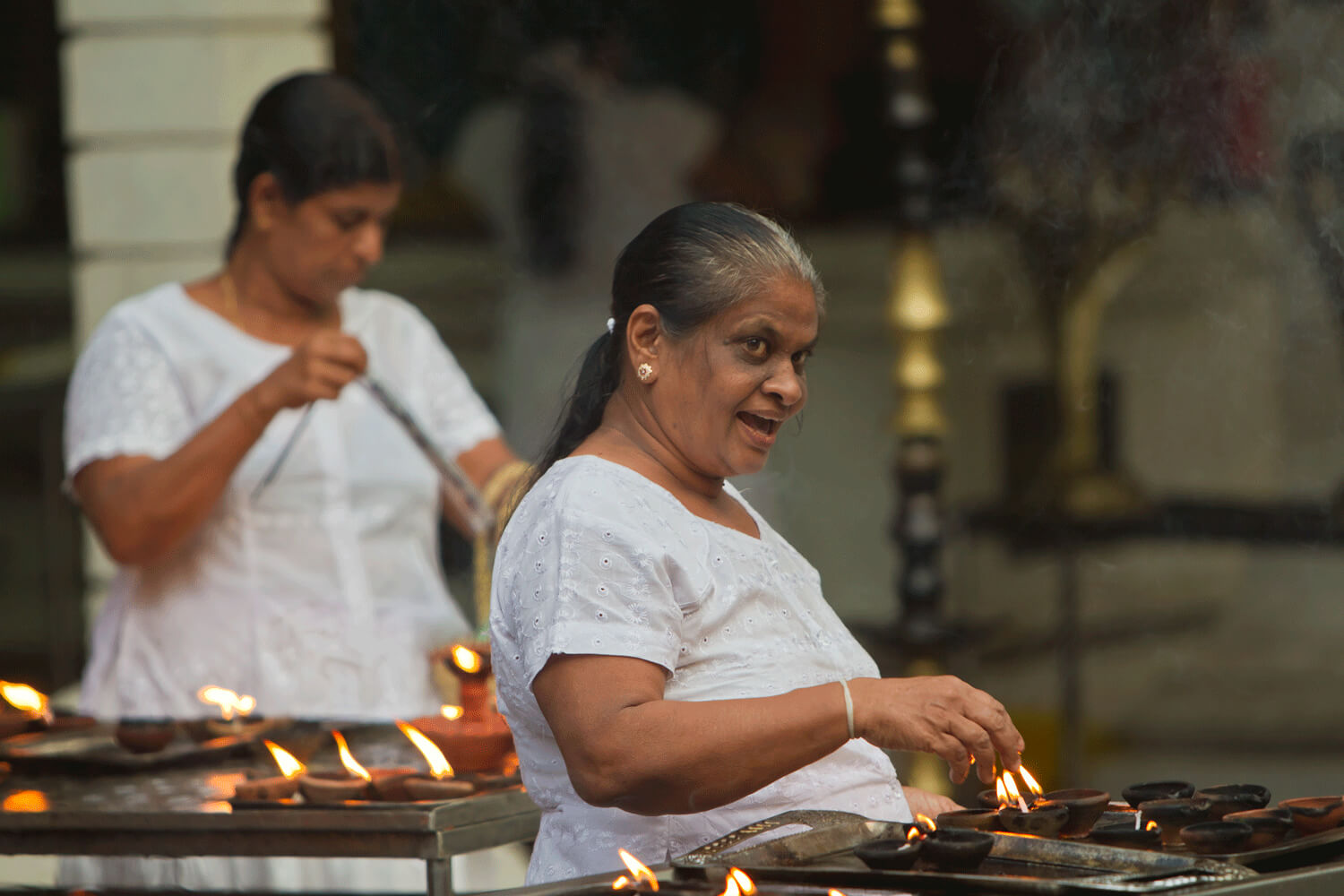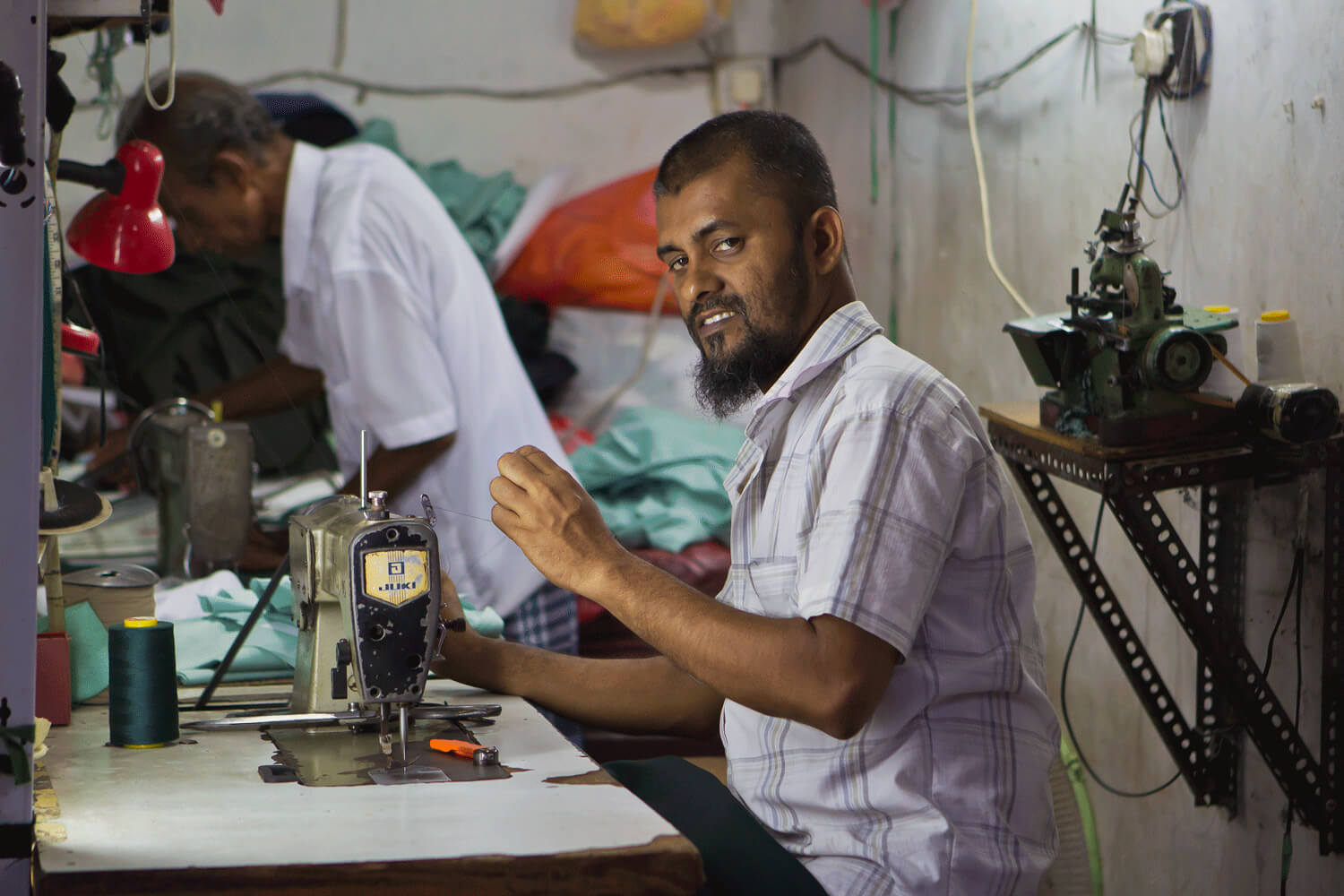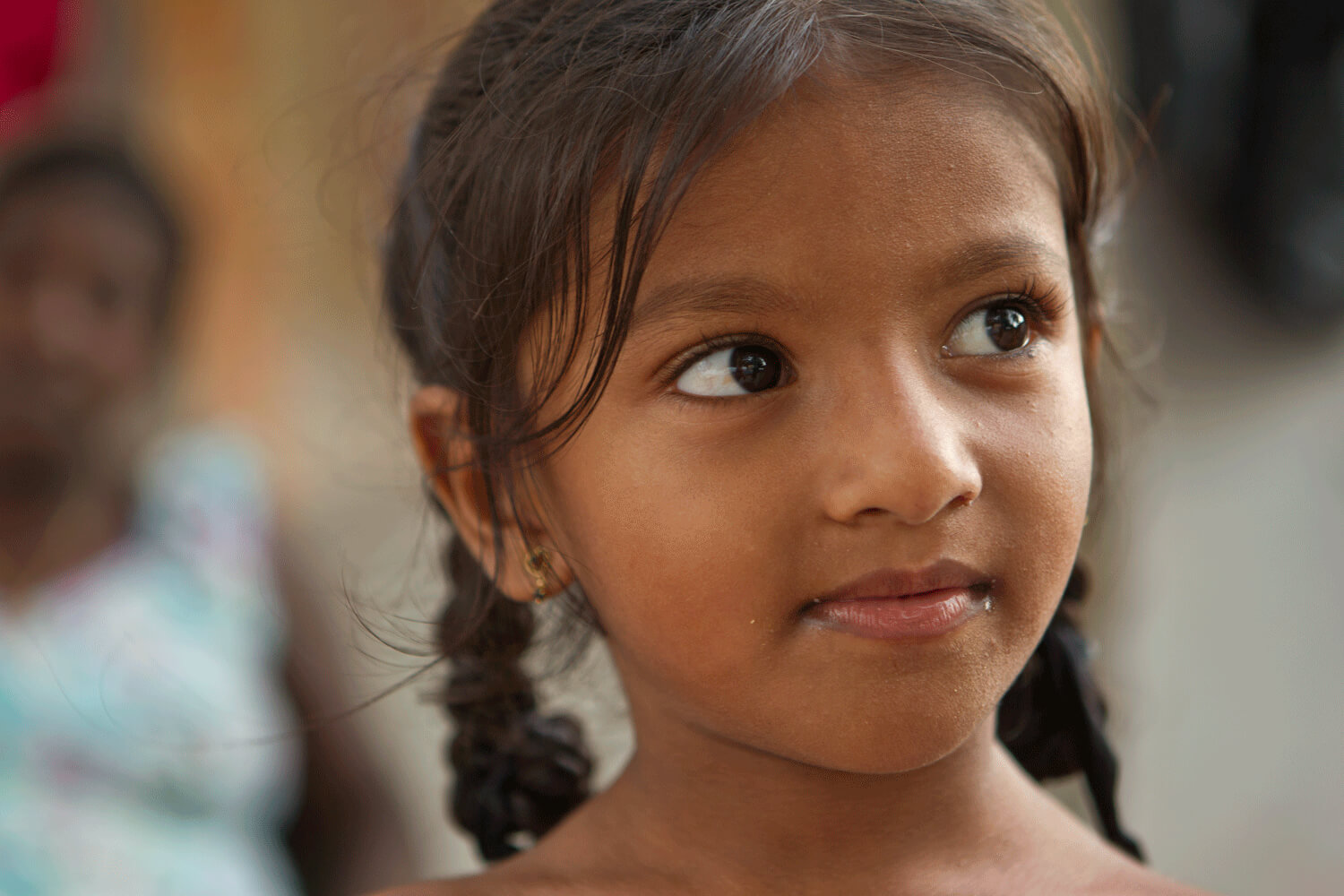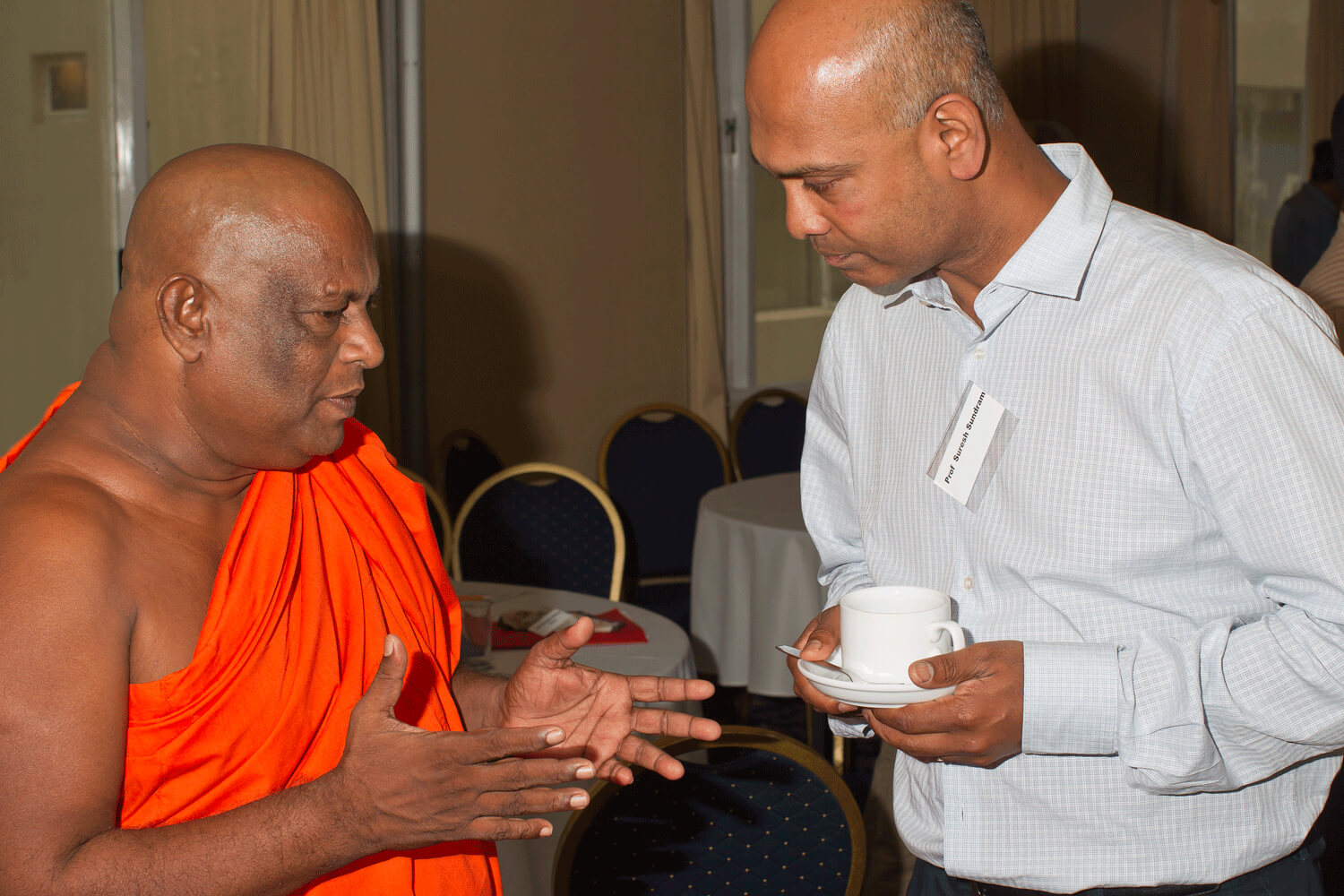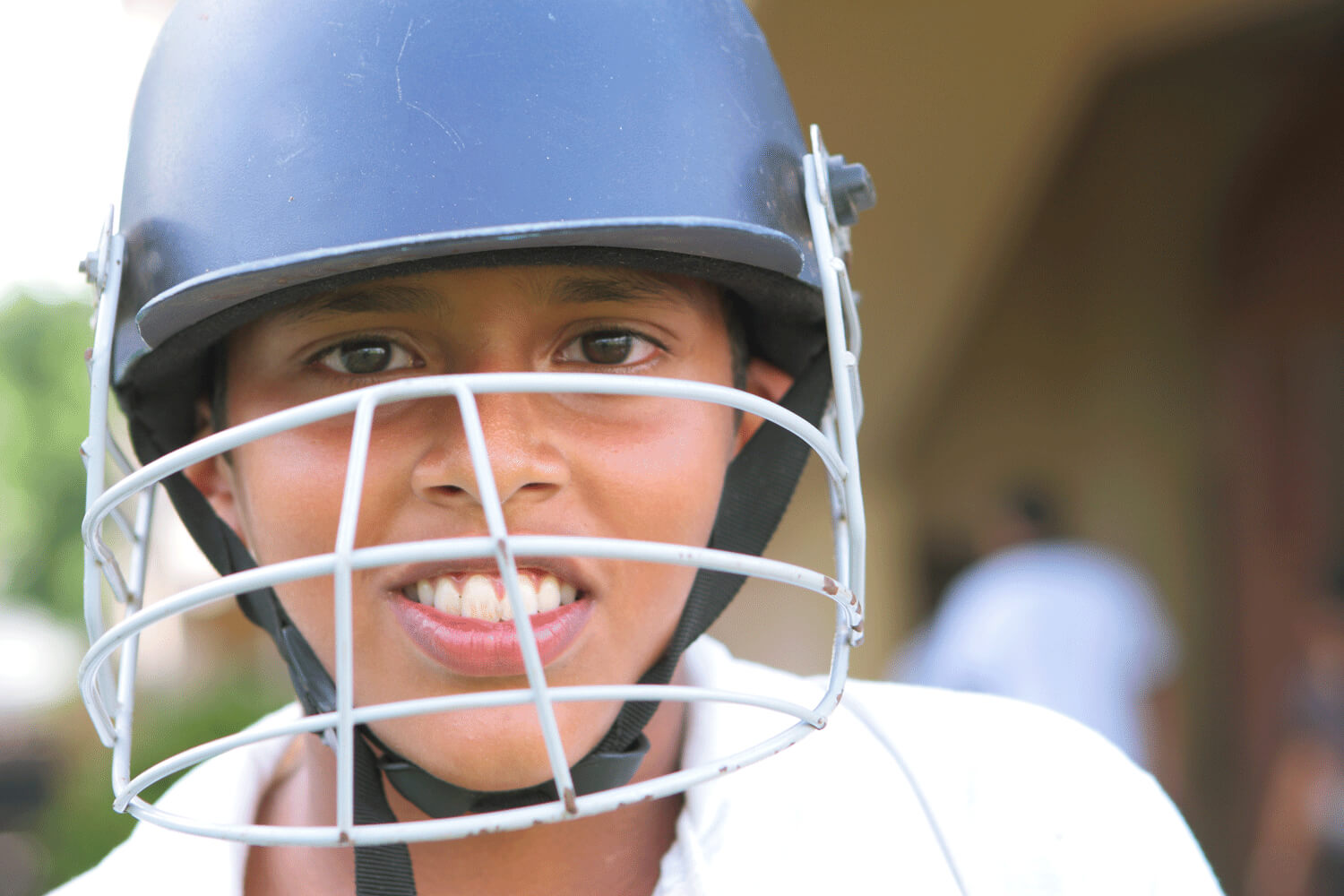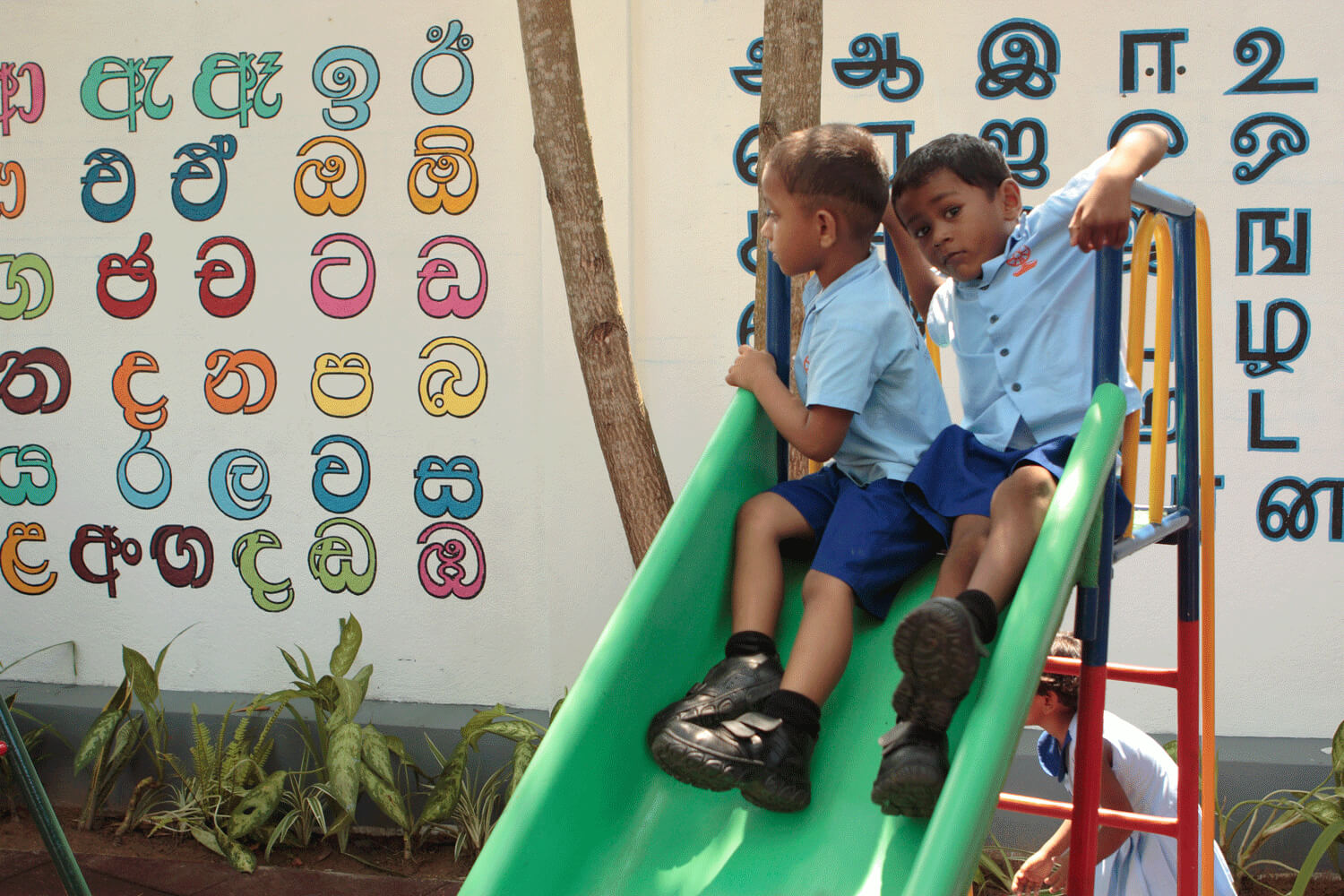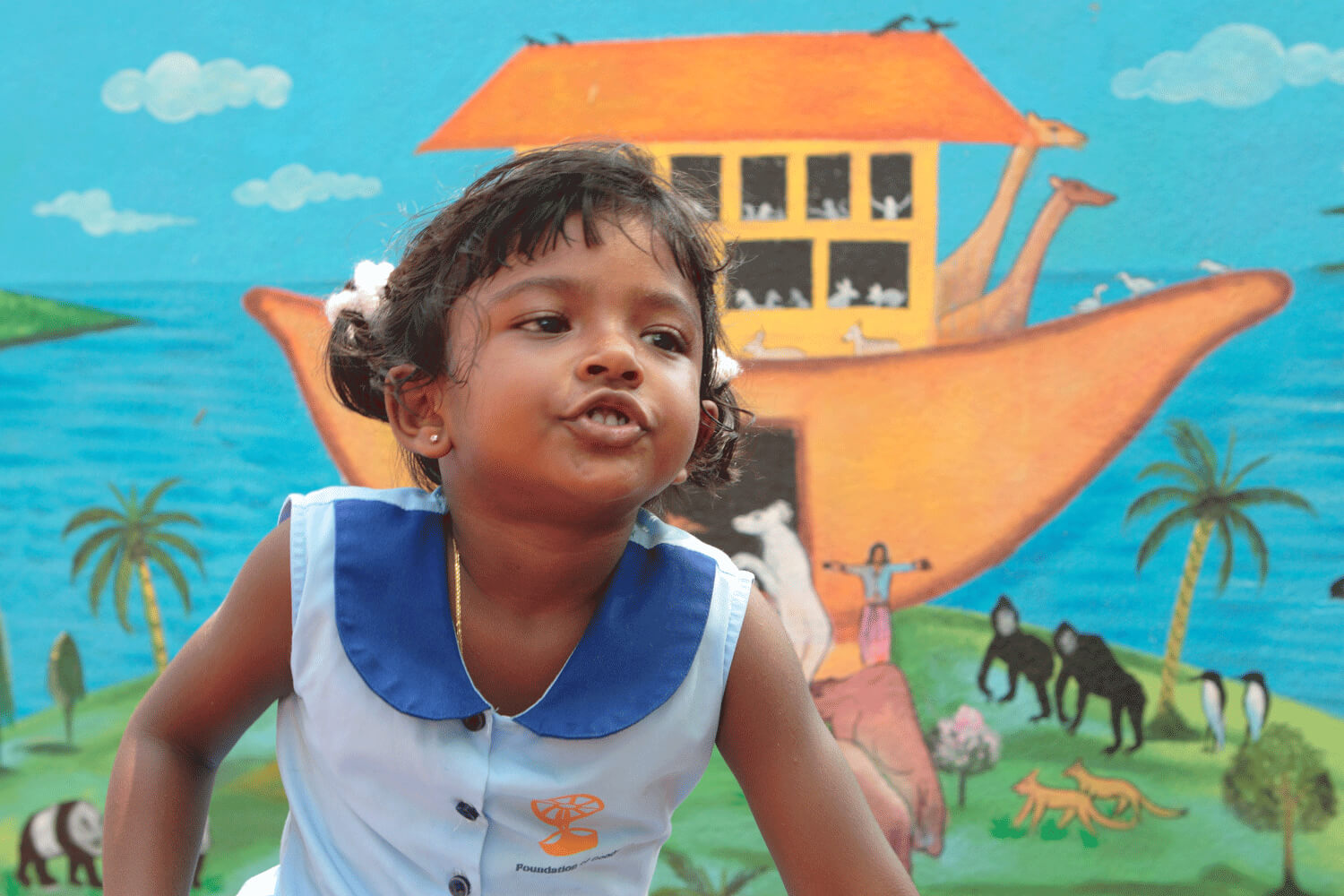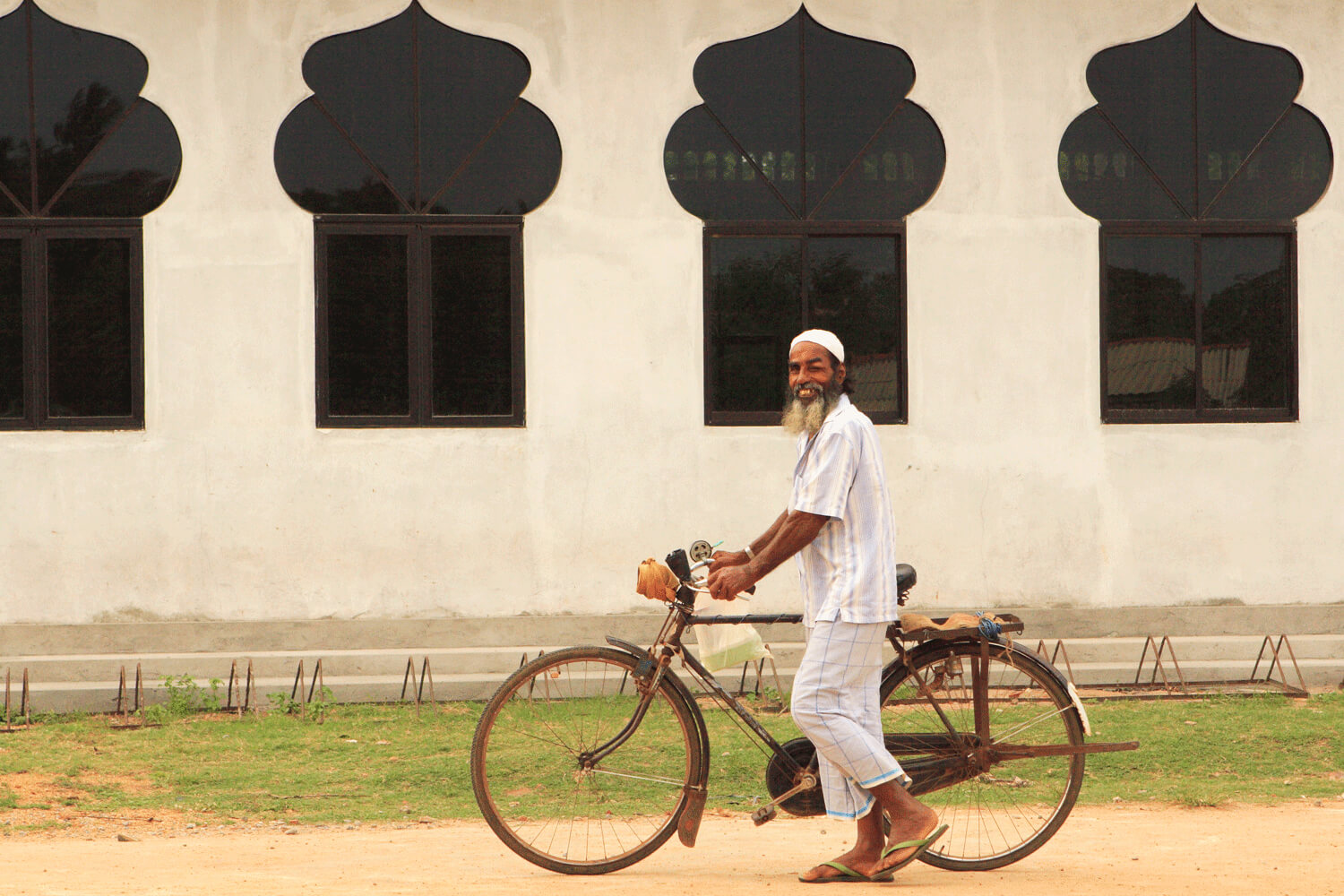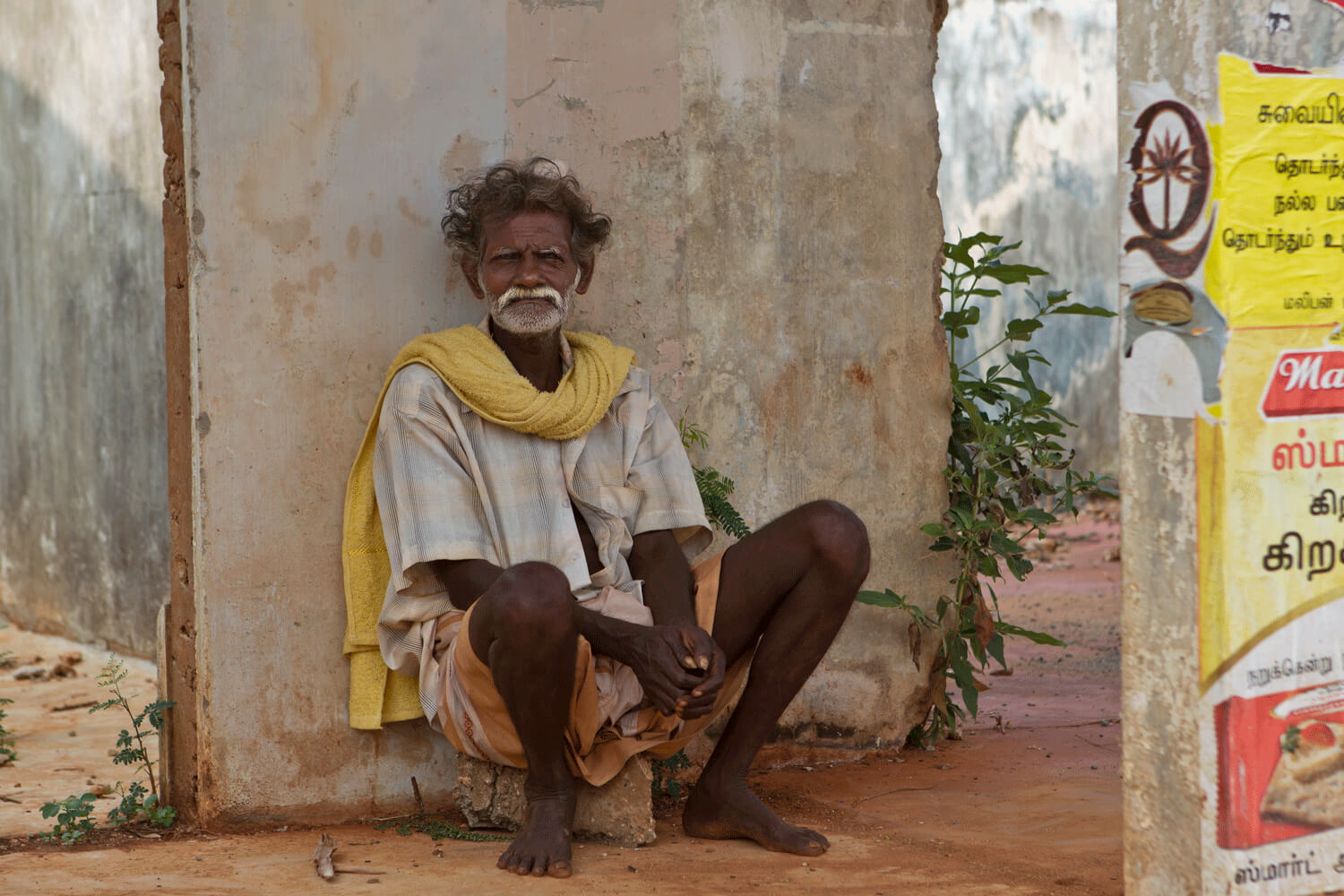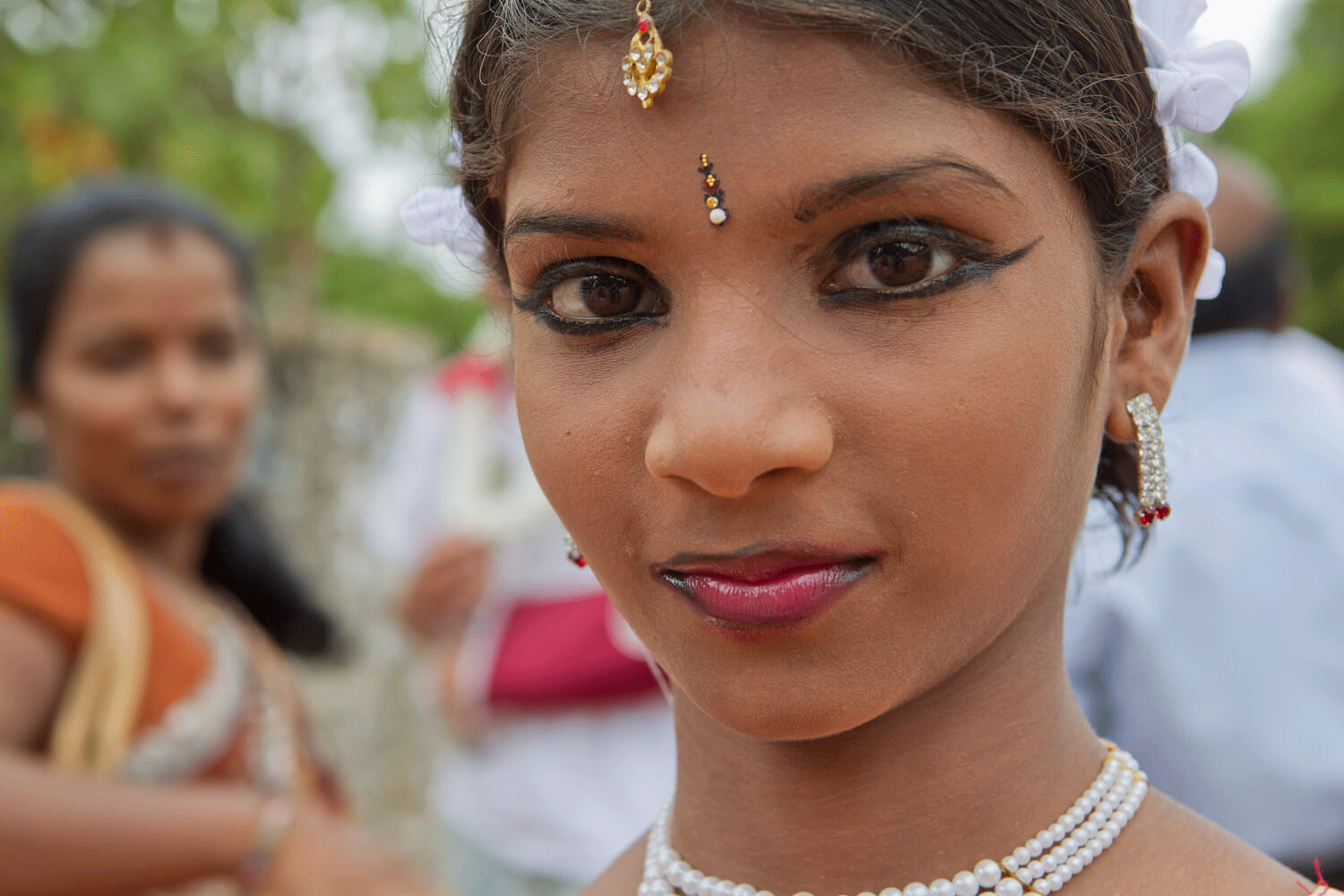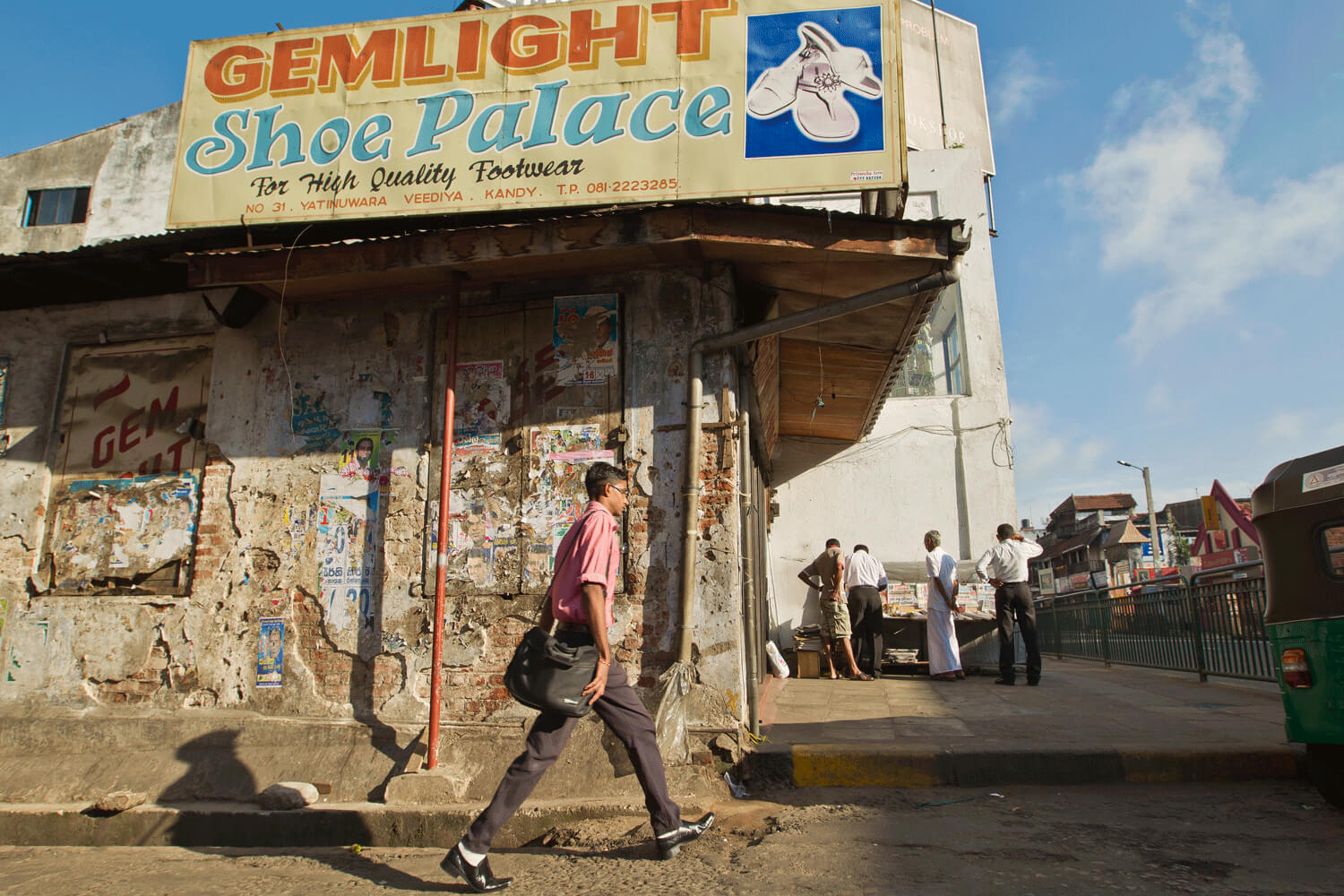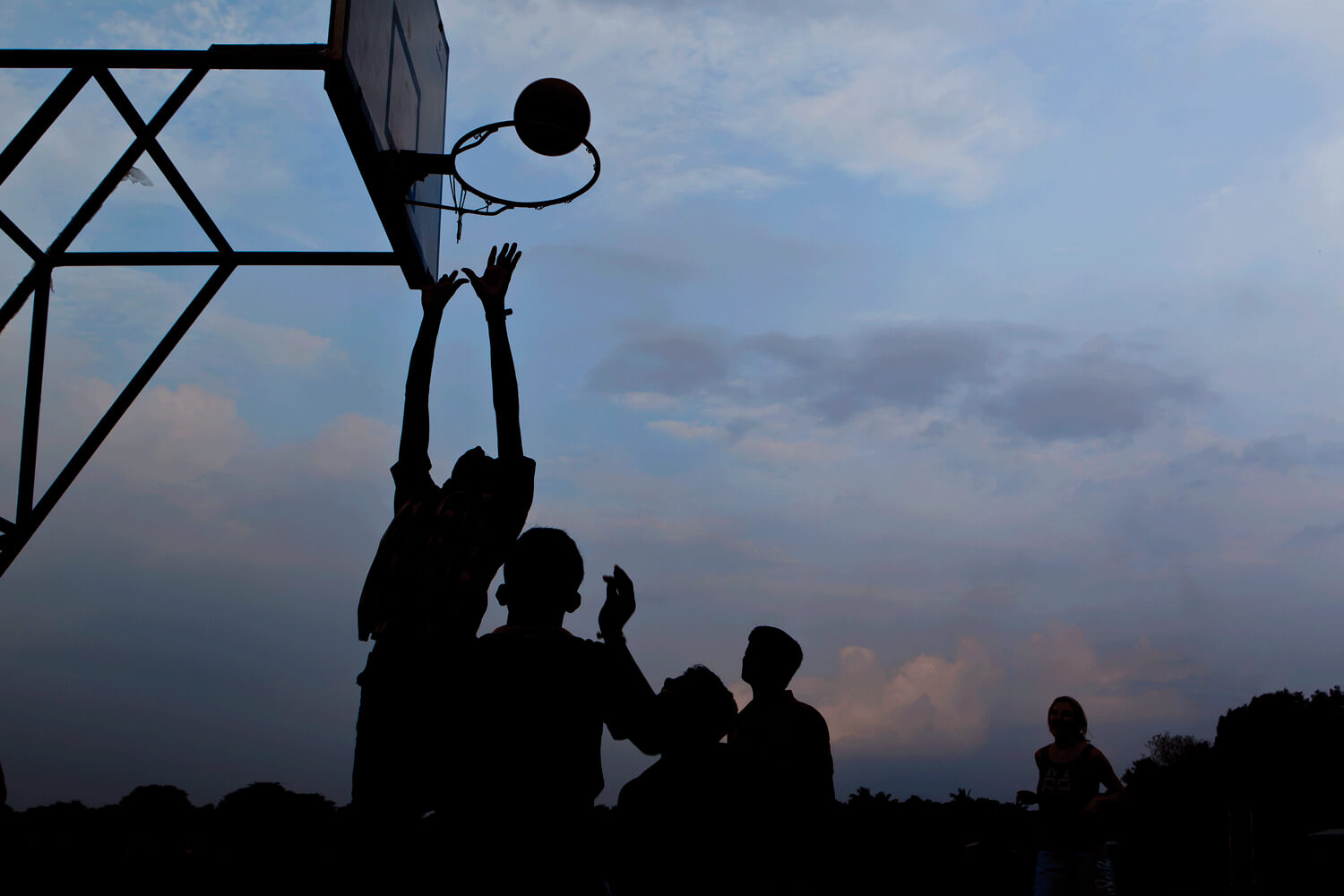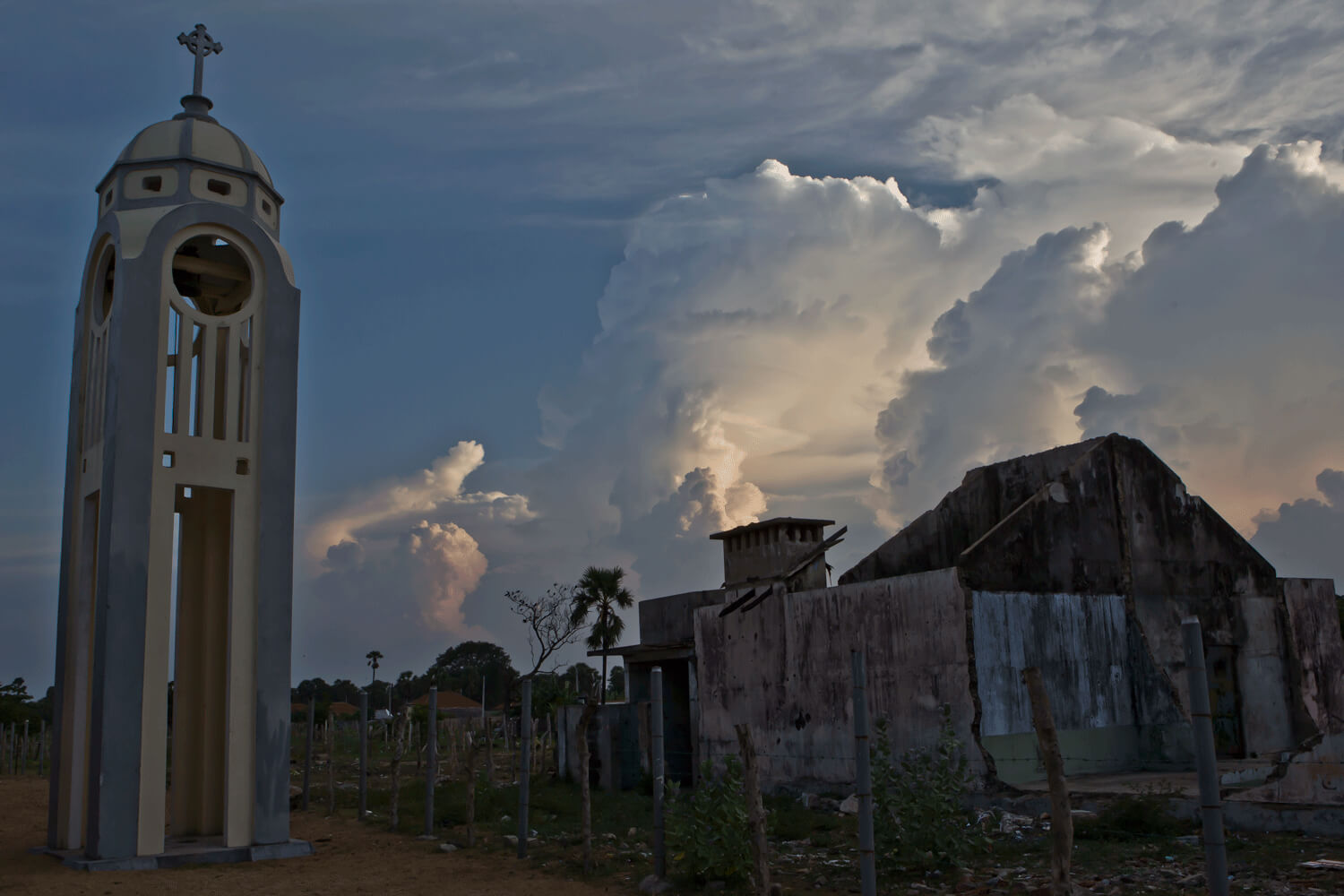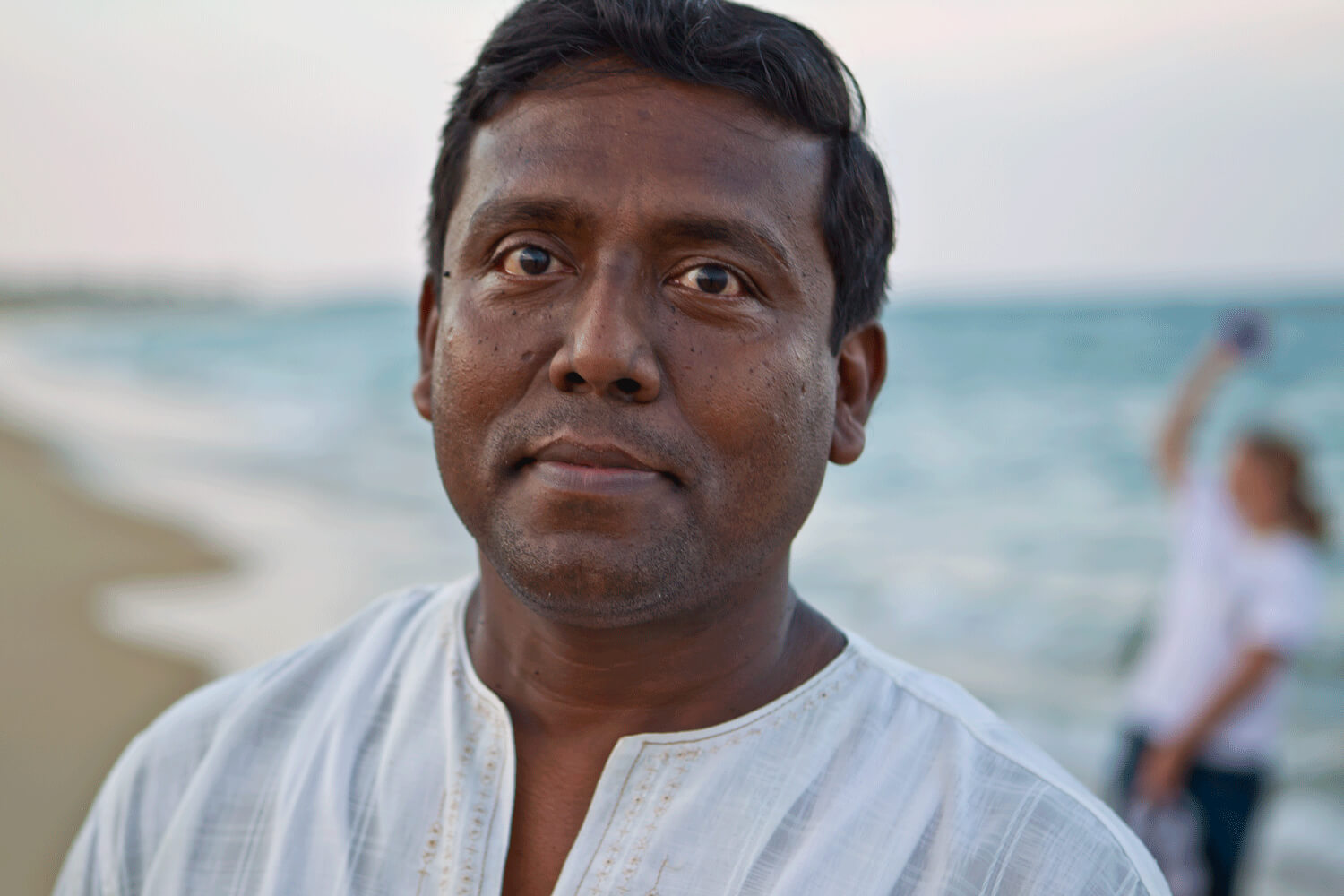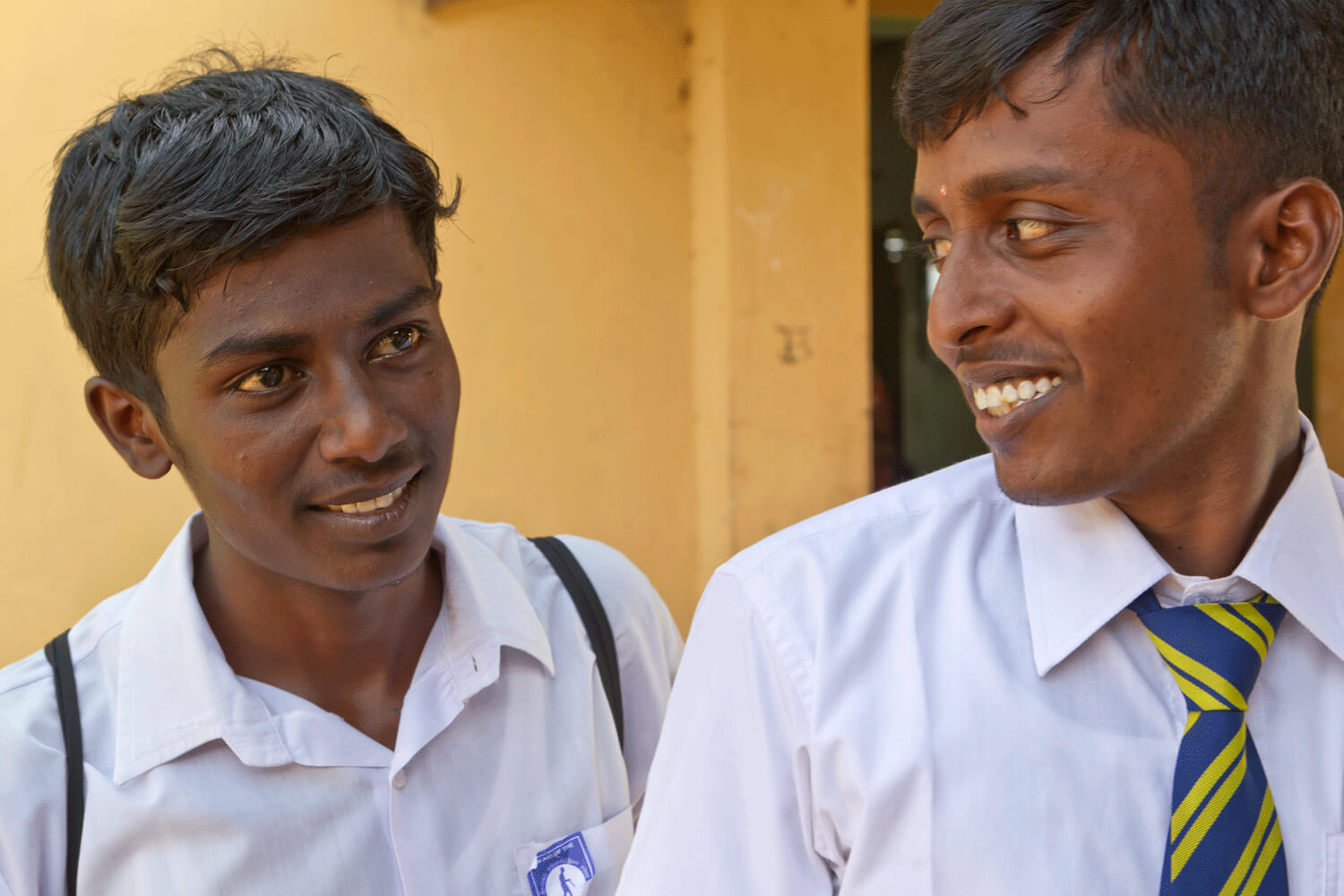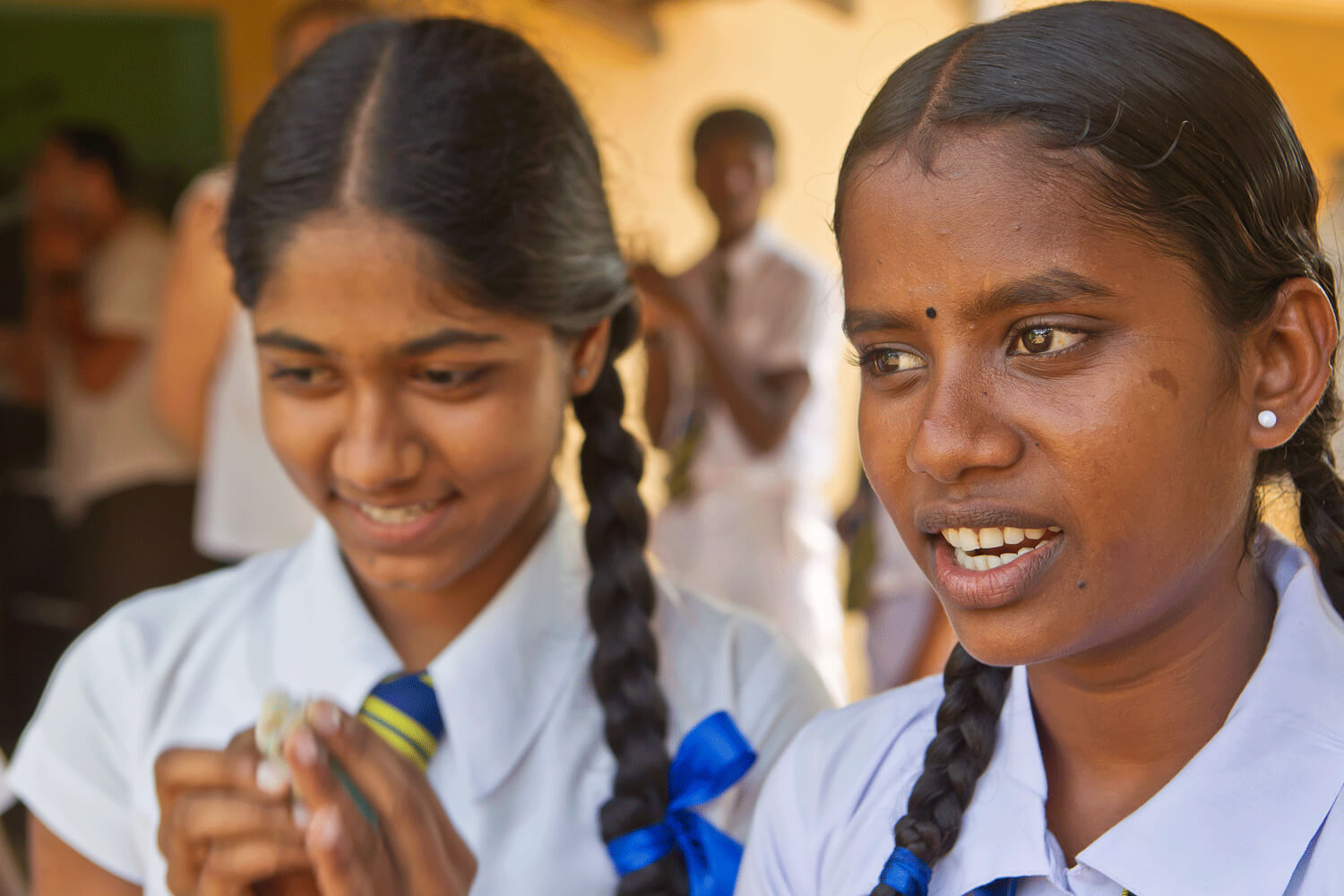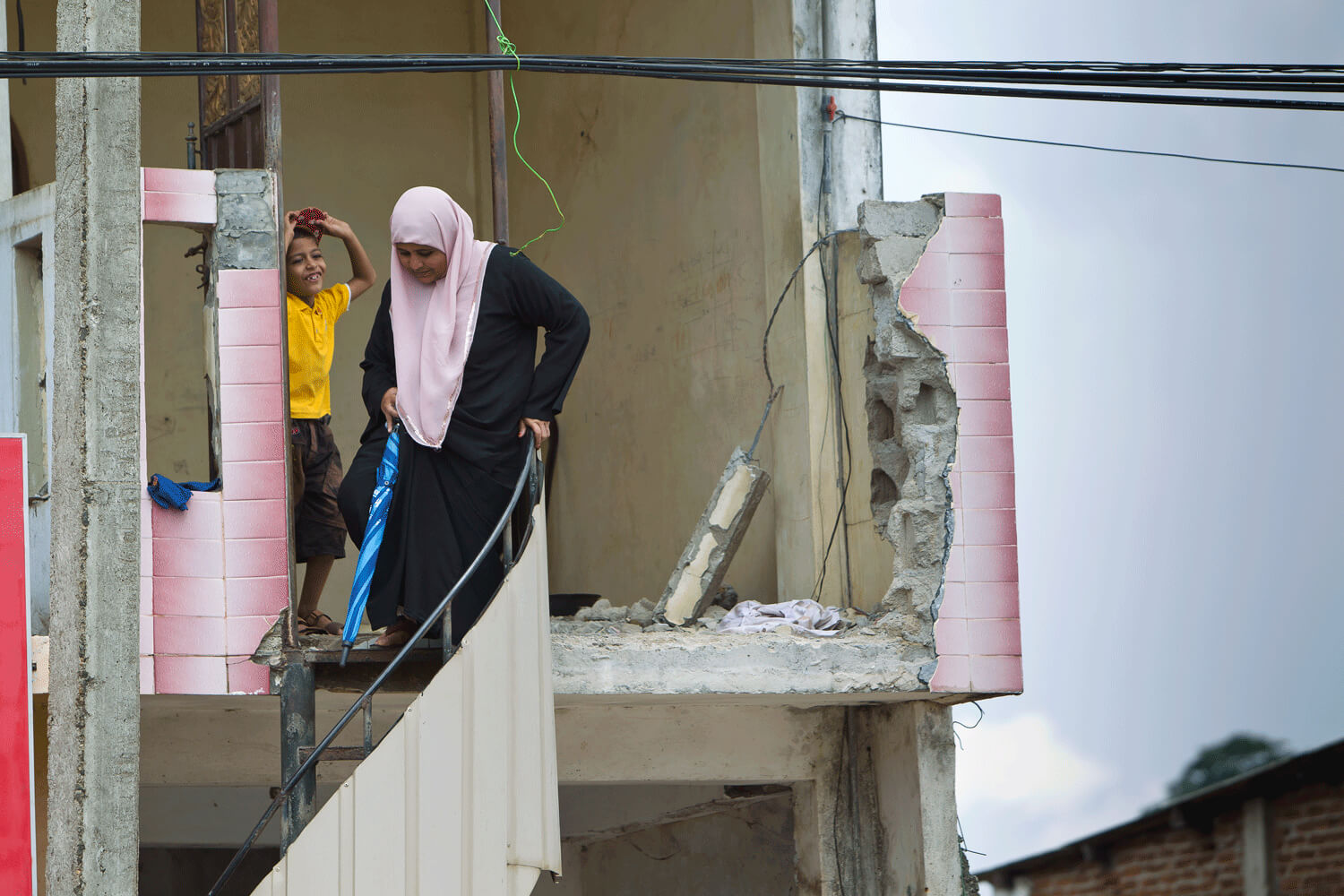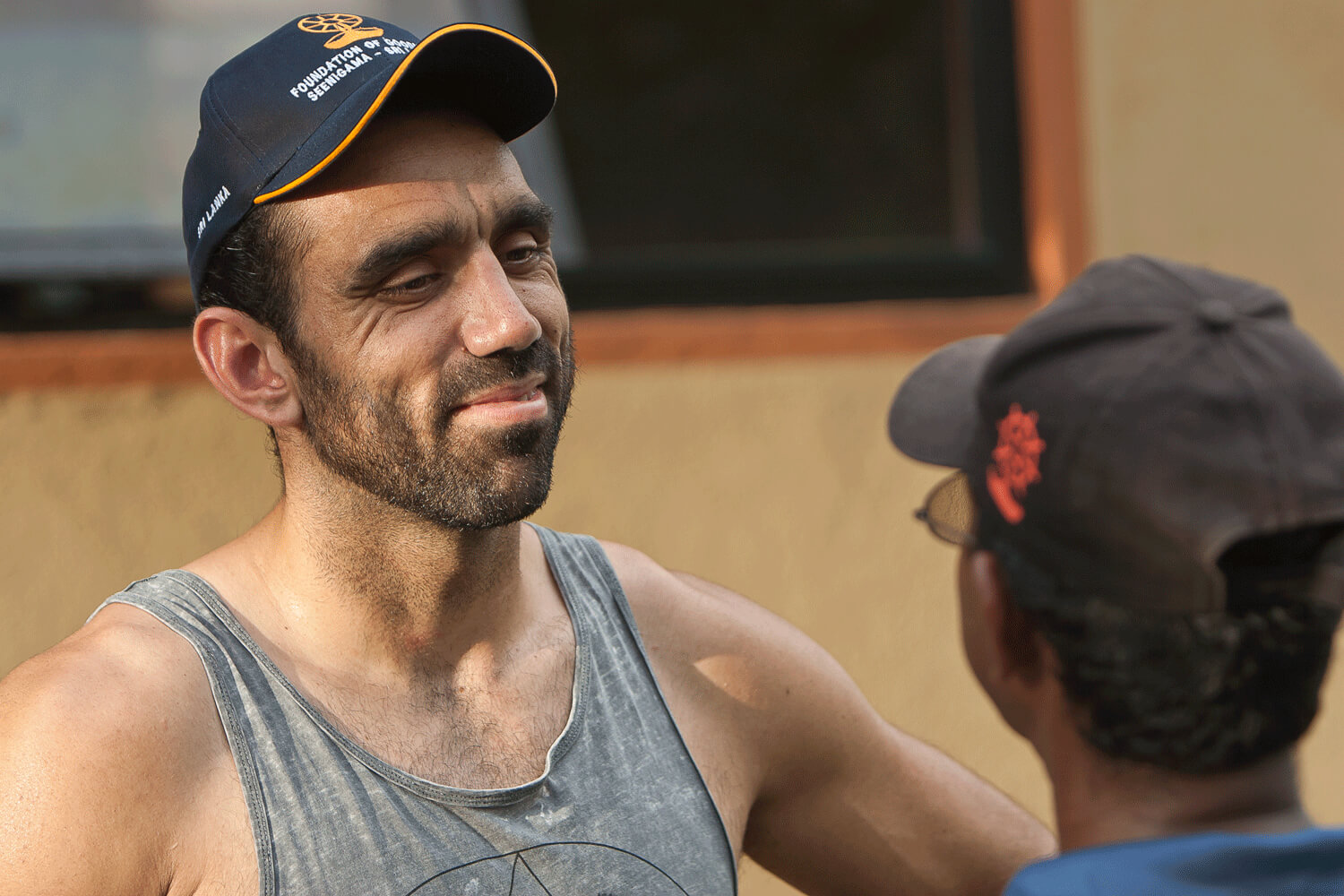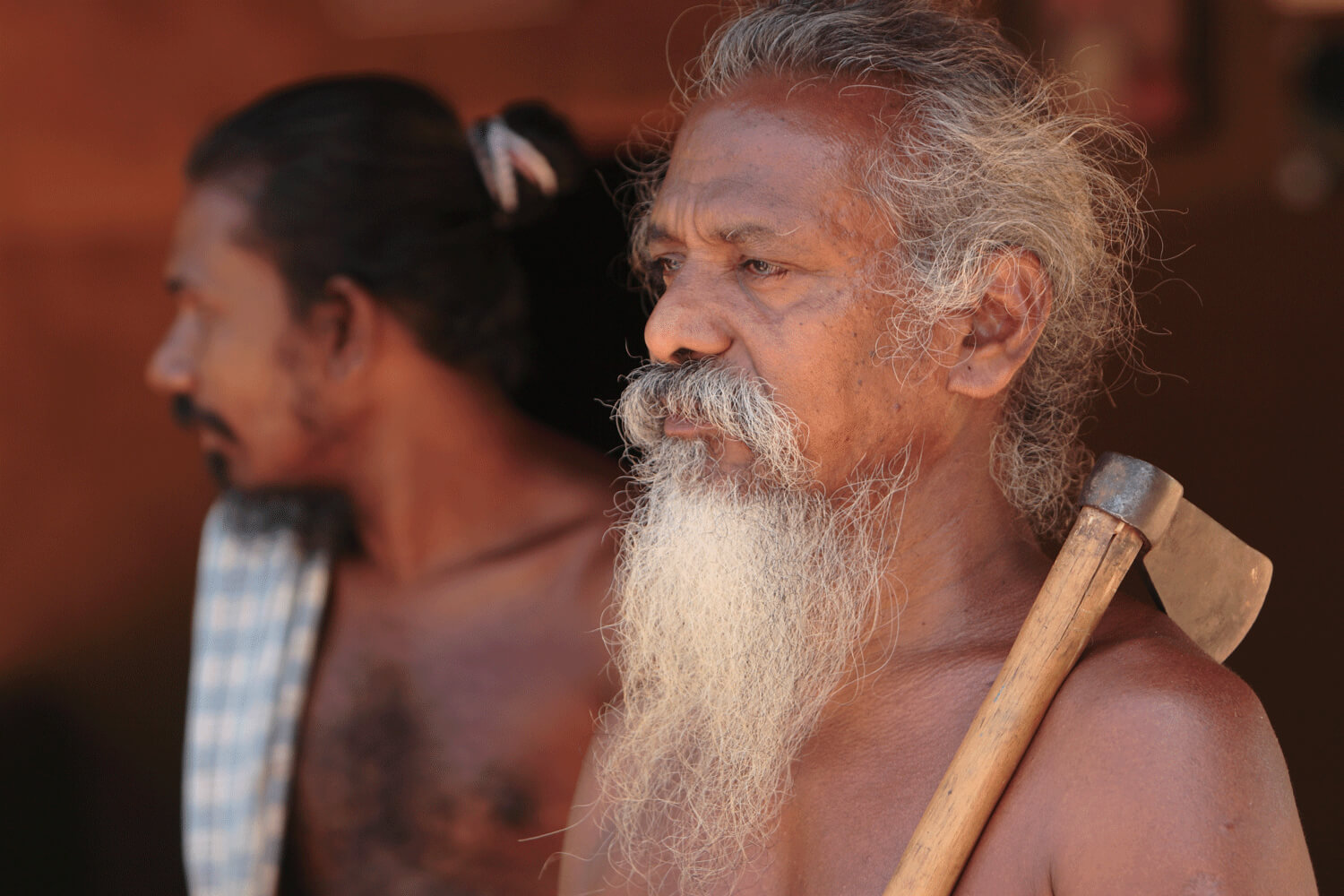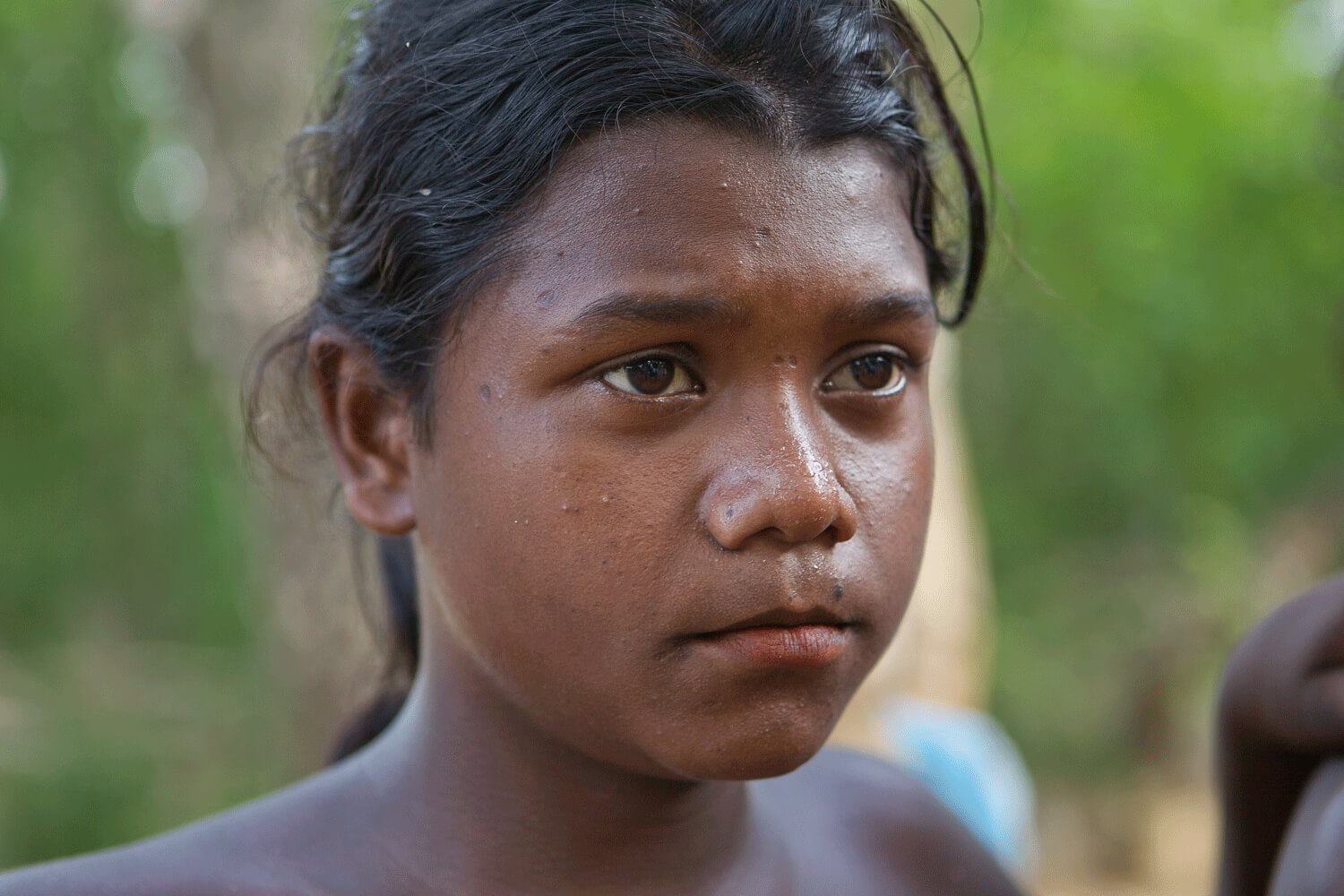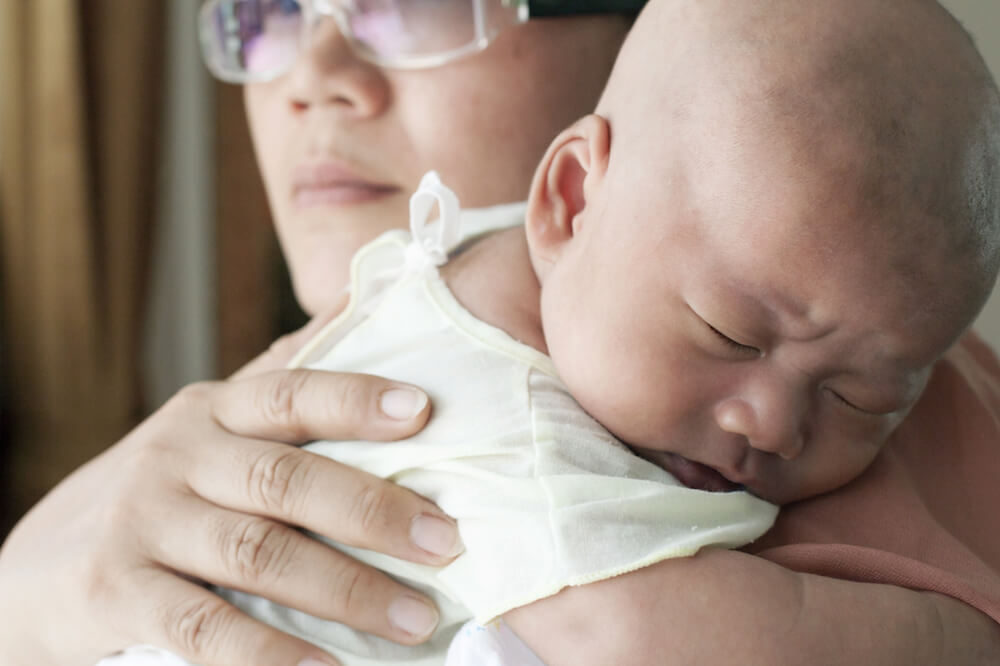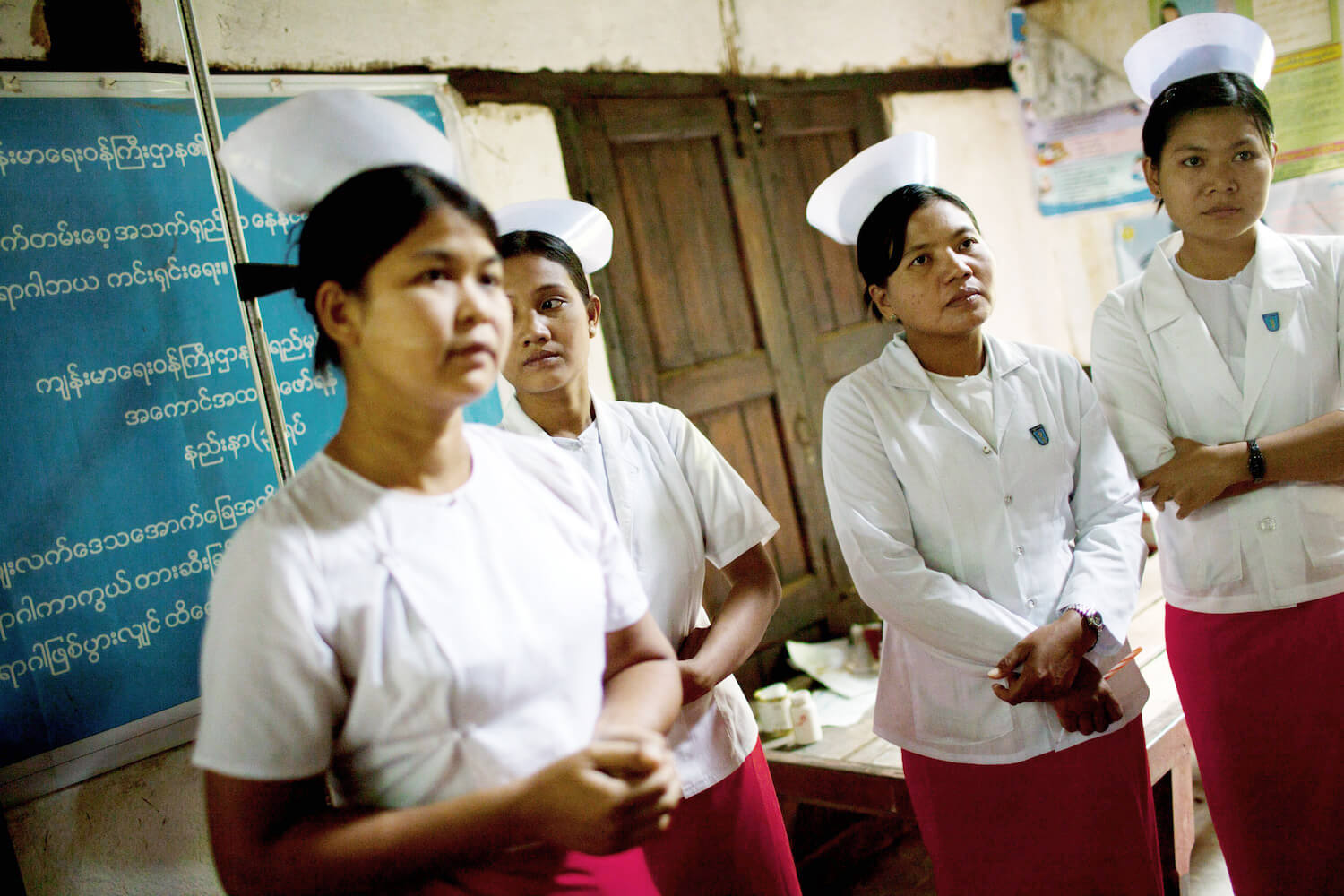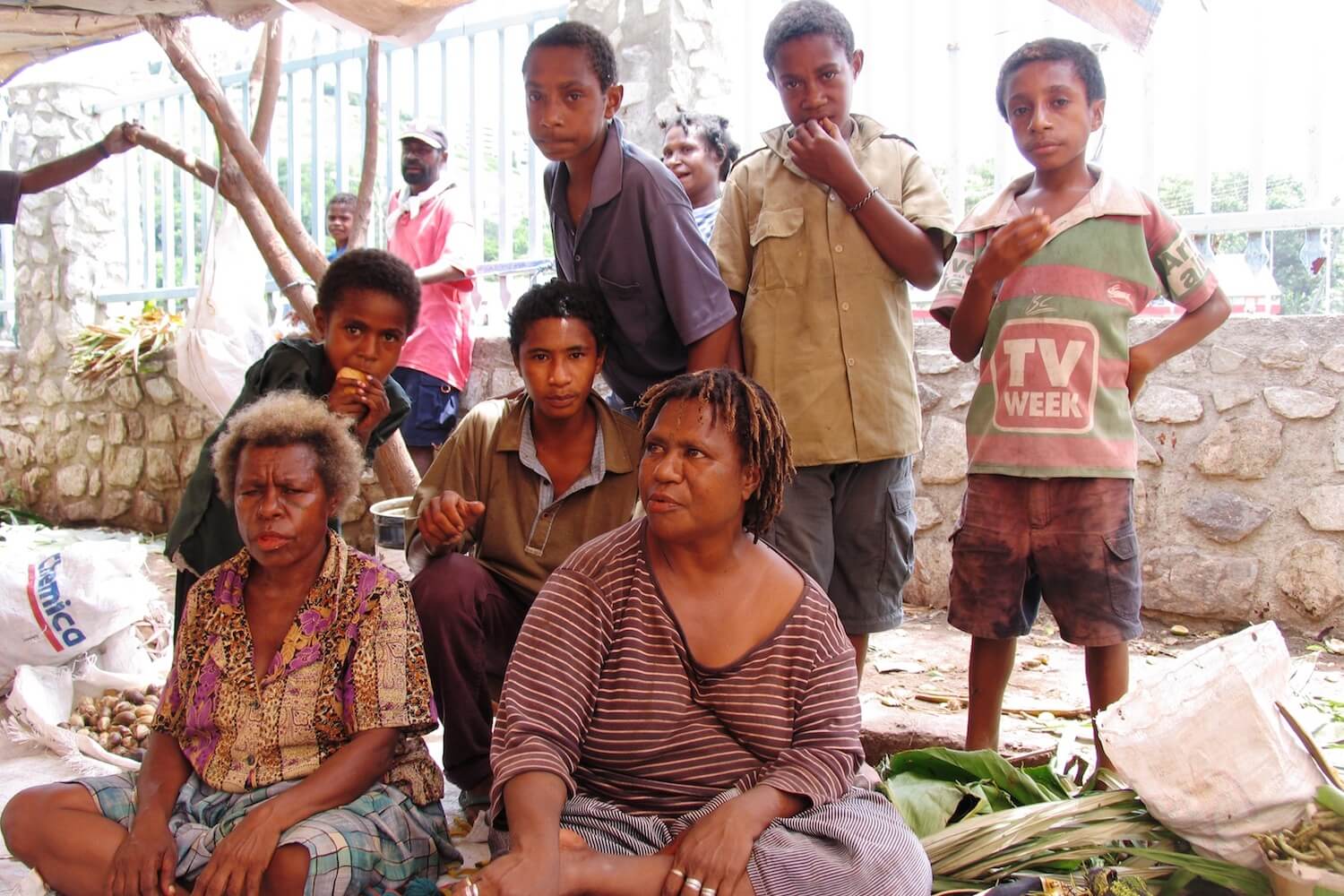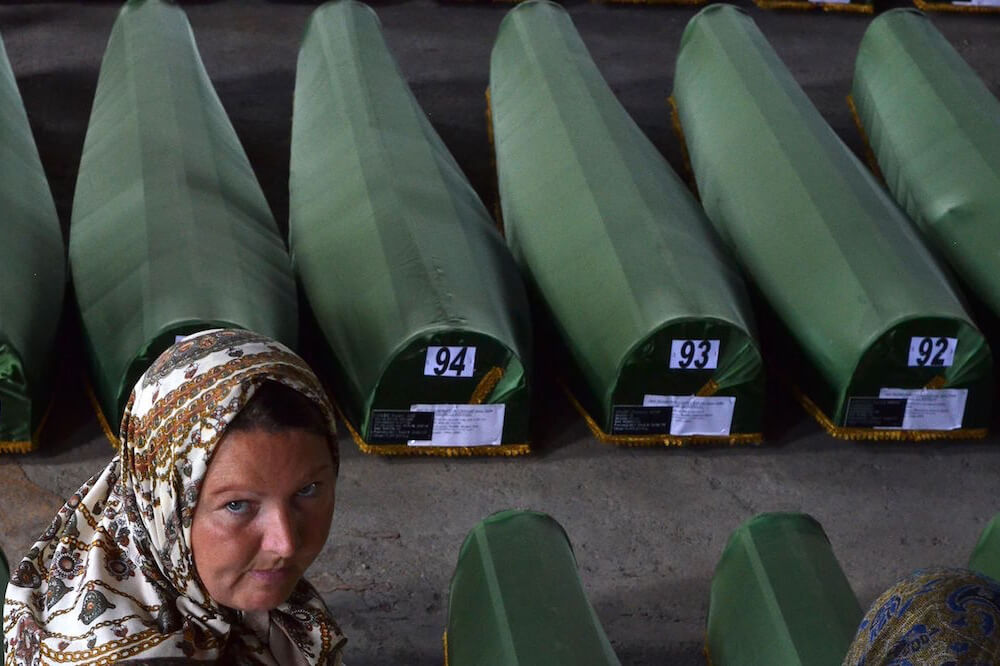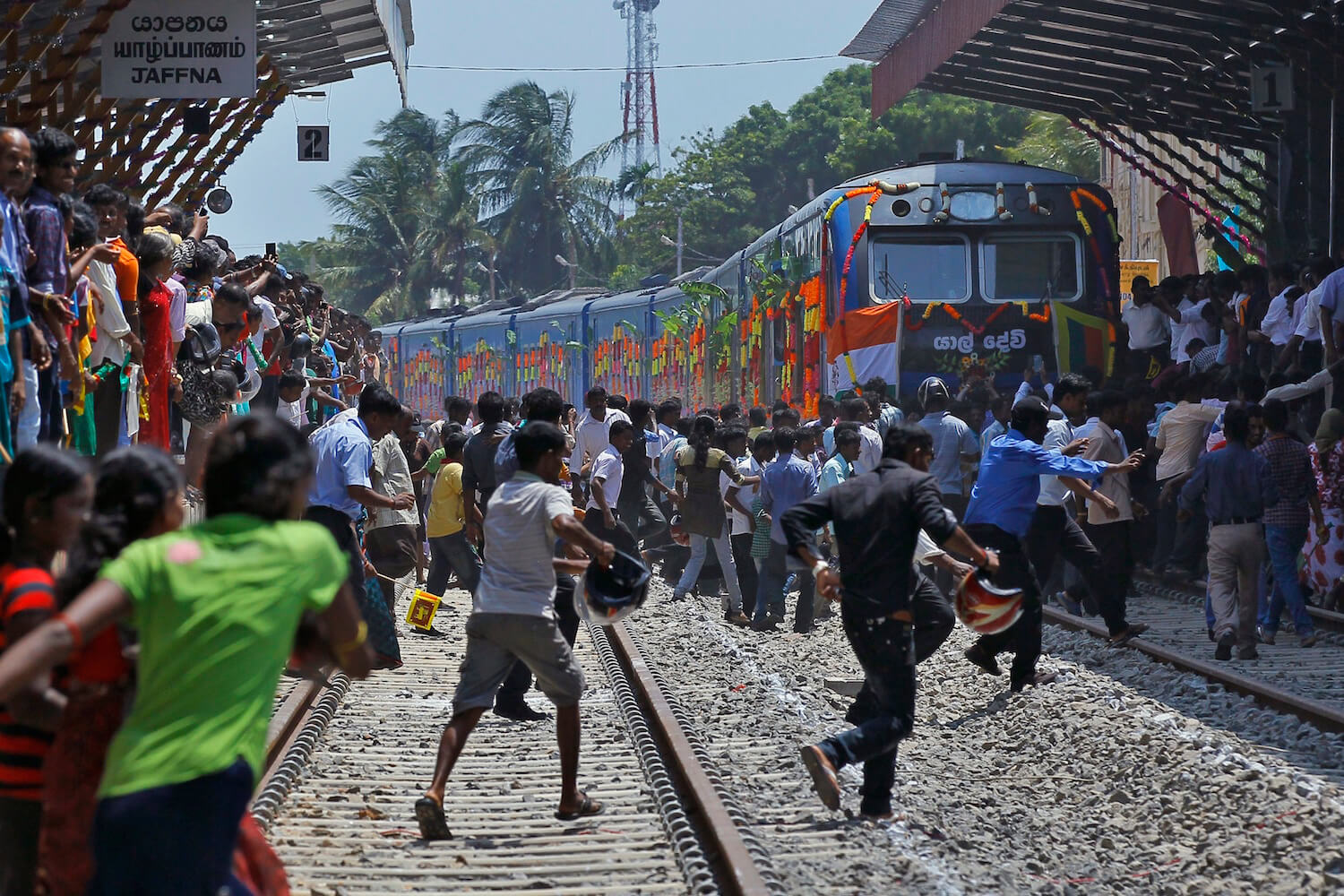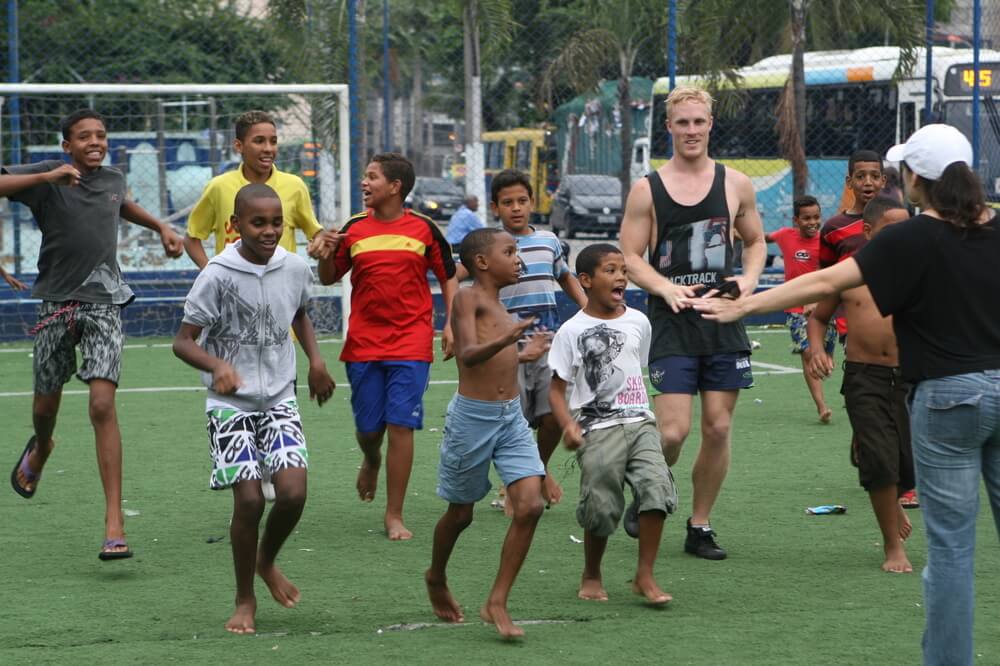The Voice debate is about more than who wins: this is a battle for fundamental values
We need to return to respectful dialogue
By Paul Komesaroff, Lisa Jackson Pulver, Paul James and Sally Gardner
How hate speech during the Voice campaign can harm personal wellbeing, as well as democracy
Paul Komesaroff, Professor of Medicine, Monash University, Paul James, Professor of Globalization and Cultural Diversity, Western Sydney University, Lisa Jackson Pulver, Deputy Vice-Chancellor, Professor of Public Health and Epidemiology, University of Sydney, and Sally May Gardner, Research Fellow, Deakin University
https://au.news.yahoo.com/hate-speech-during-voice-campaign-043859270.html (The Conversation)
Talking Reconciliation
Global Reconciliation is building an archive of interviews on 'Talking Reconciliation'.
What is the individual experience of people and their interpretation of the reconciliation process? For more info see our Resources page.
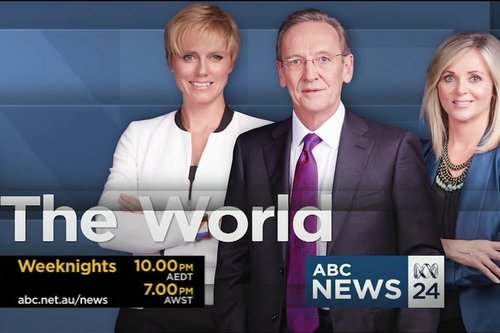

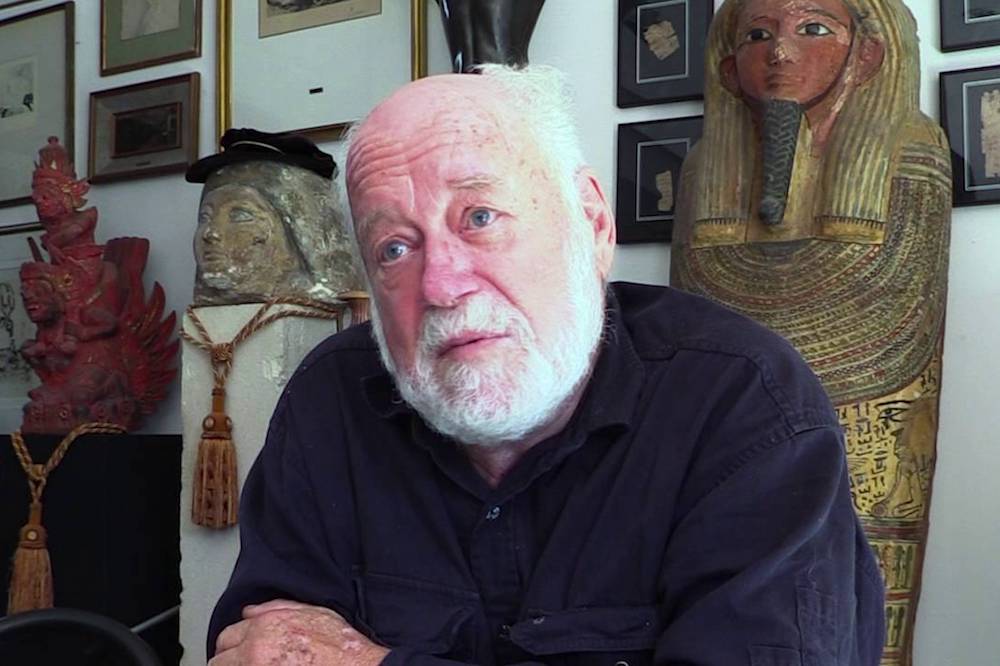











Palaver Publishing
(www.palaver.com) is an independent publisher owned by Global Reconciliation dedicated to supporting fearless and creative modes of intellectual enquiry and writing and the values of rigour, quality, and critical analysis in the free exchange of ideas.
Latest releases (https://www.palaver.com/books): The Unsent condolences, The Voice: a question for the people, Acts of cruelty, Continent aflame.
Climate change and the environment
Global Reconciliation is engaged in a cluster of projects relating to climate change and its effects.
These include research projects (such as current investigations into changing attitudes to fire in Australia and the role of “cultural burning” in sustainable ecological management), support for a programs in Sri Lanka for community “gardens of renewal”, and a program to support the development of an ethical framework underlying planetary heath.
Inquiries about these activities and suggestions for others will be warmly welcomed. aidXchange is a great opportunity for discussion and organisation between people. It does require your login, but we have made it as easy as posssible.

